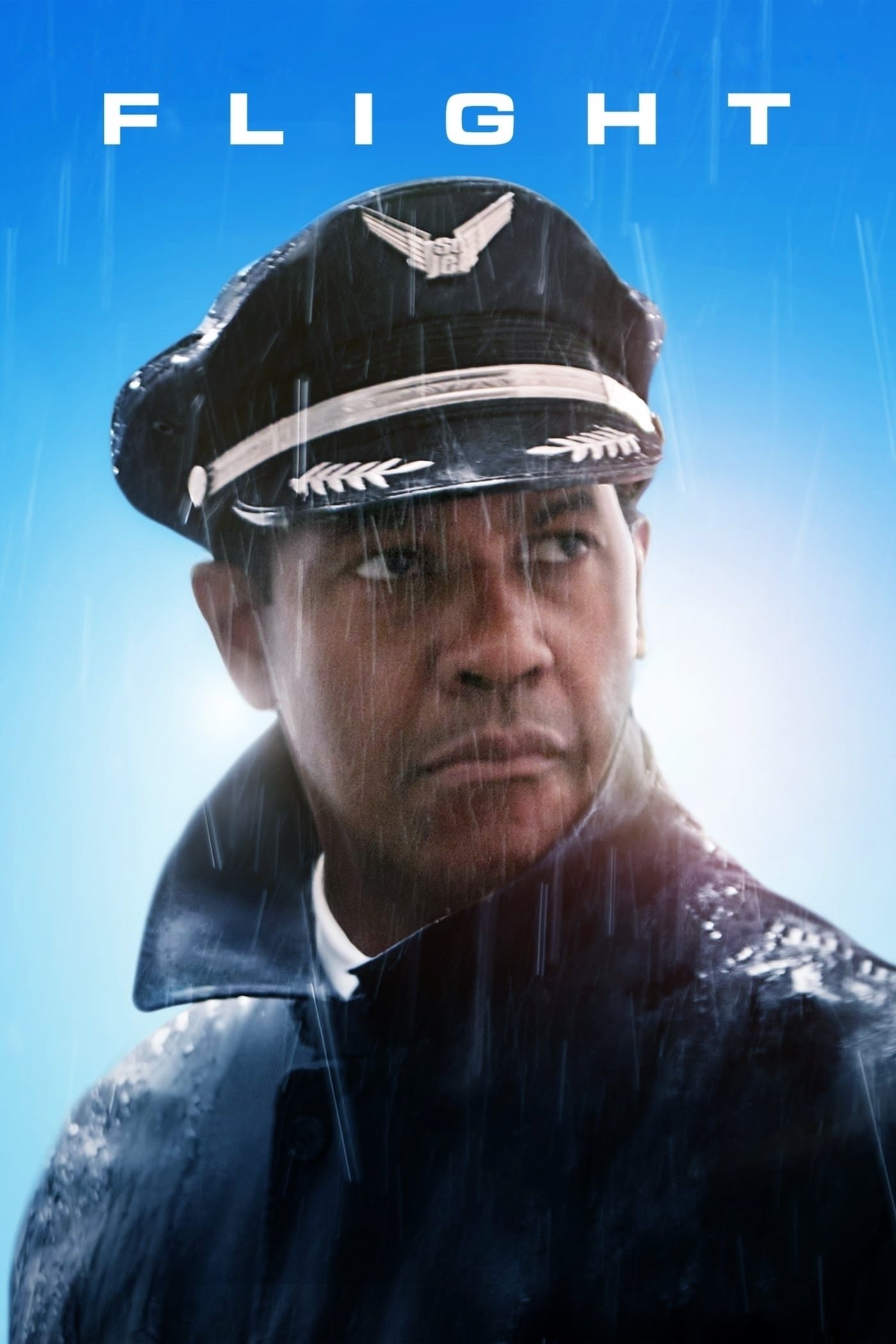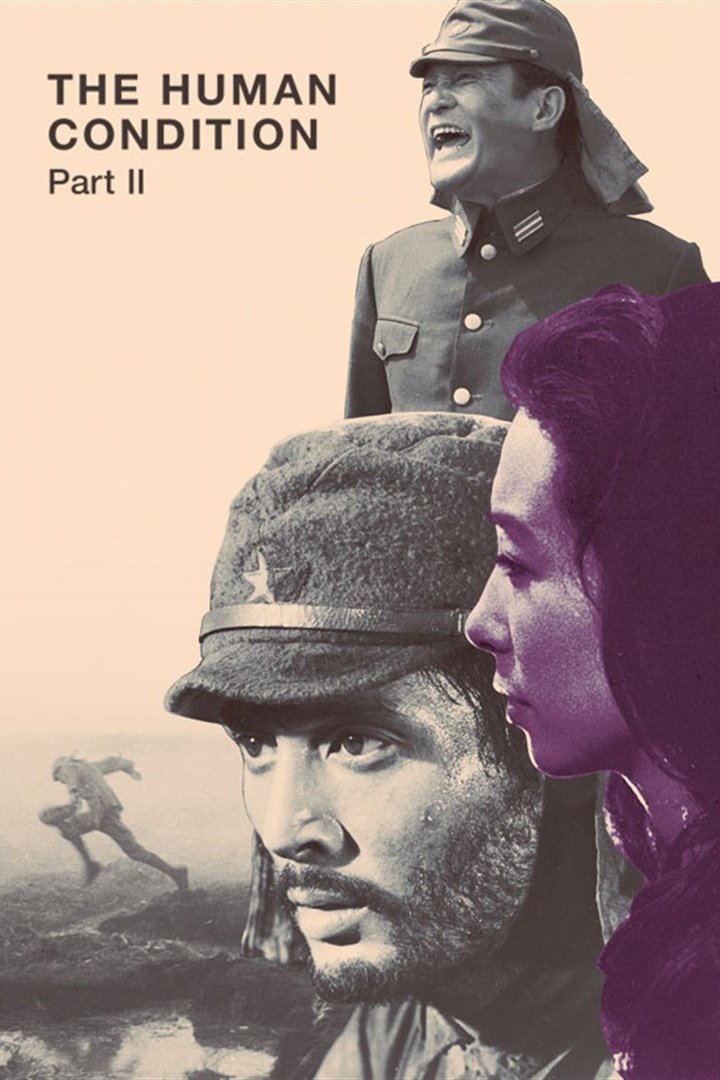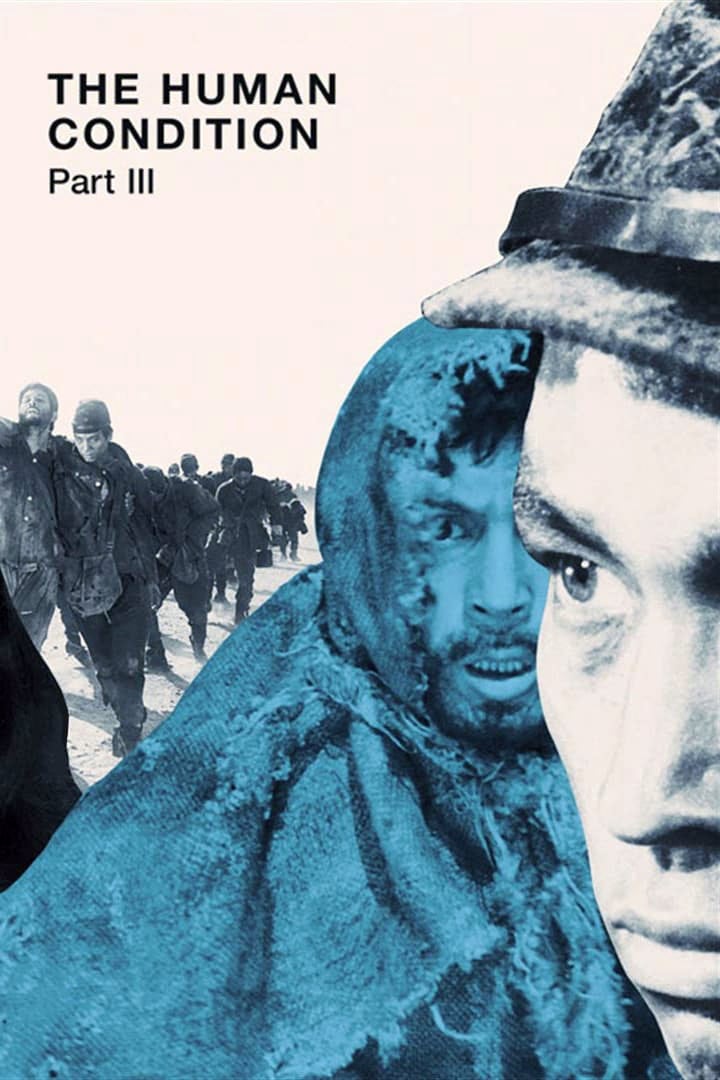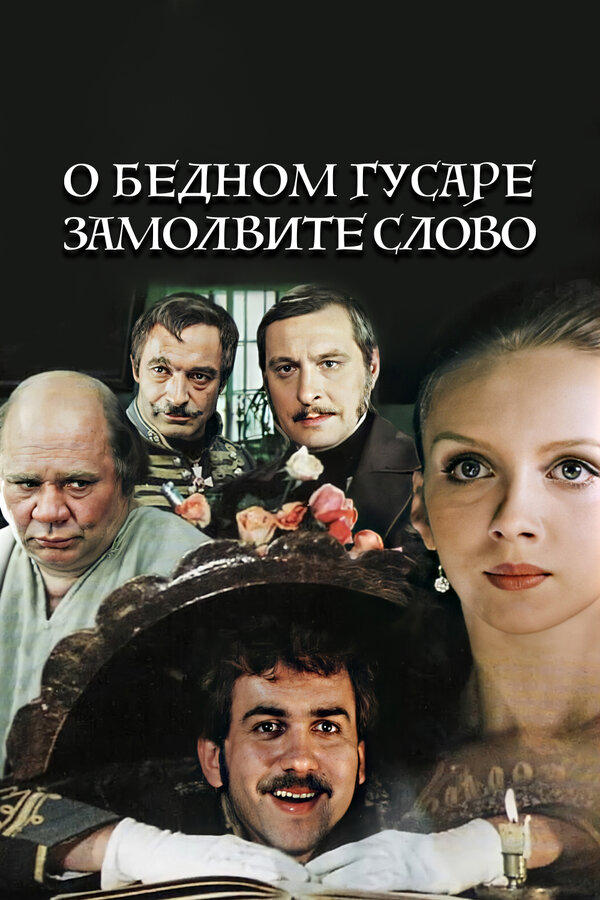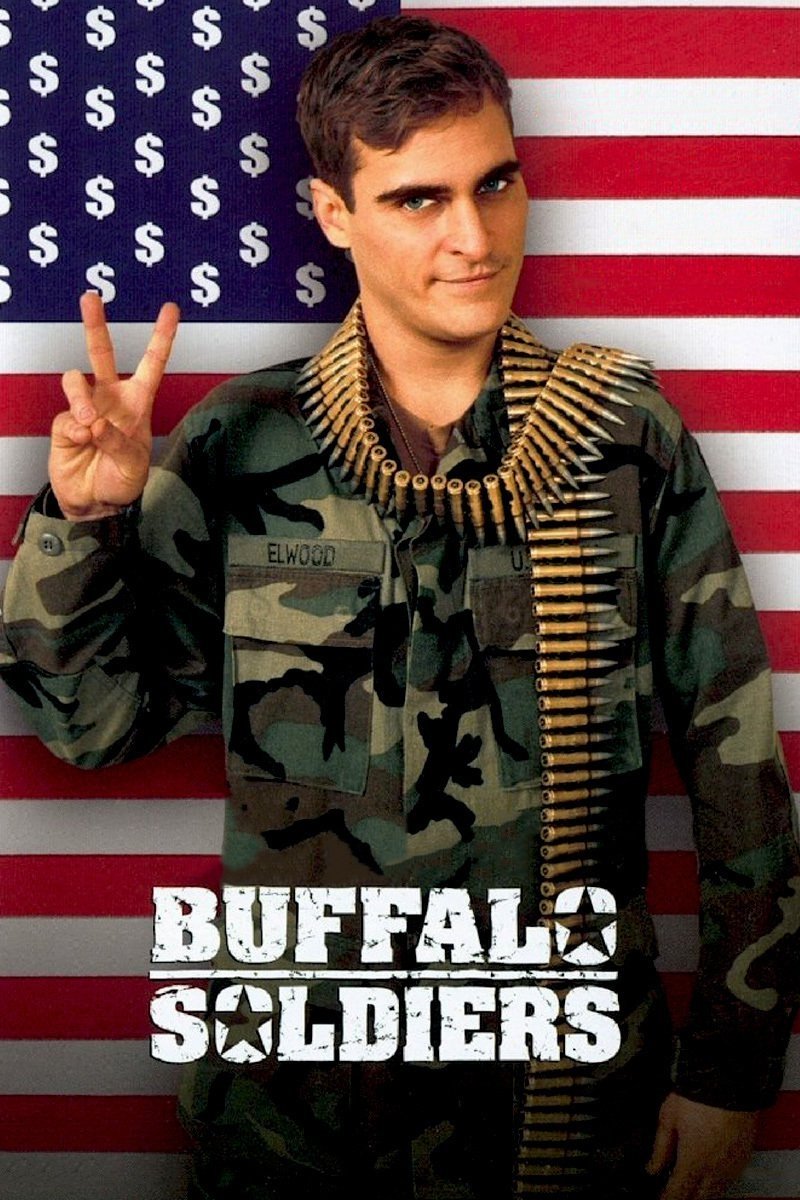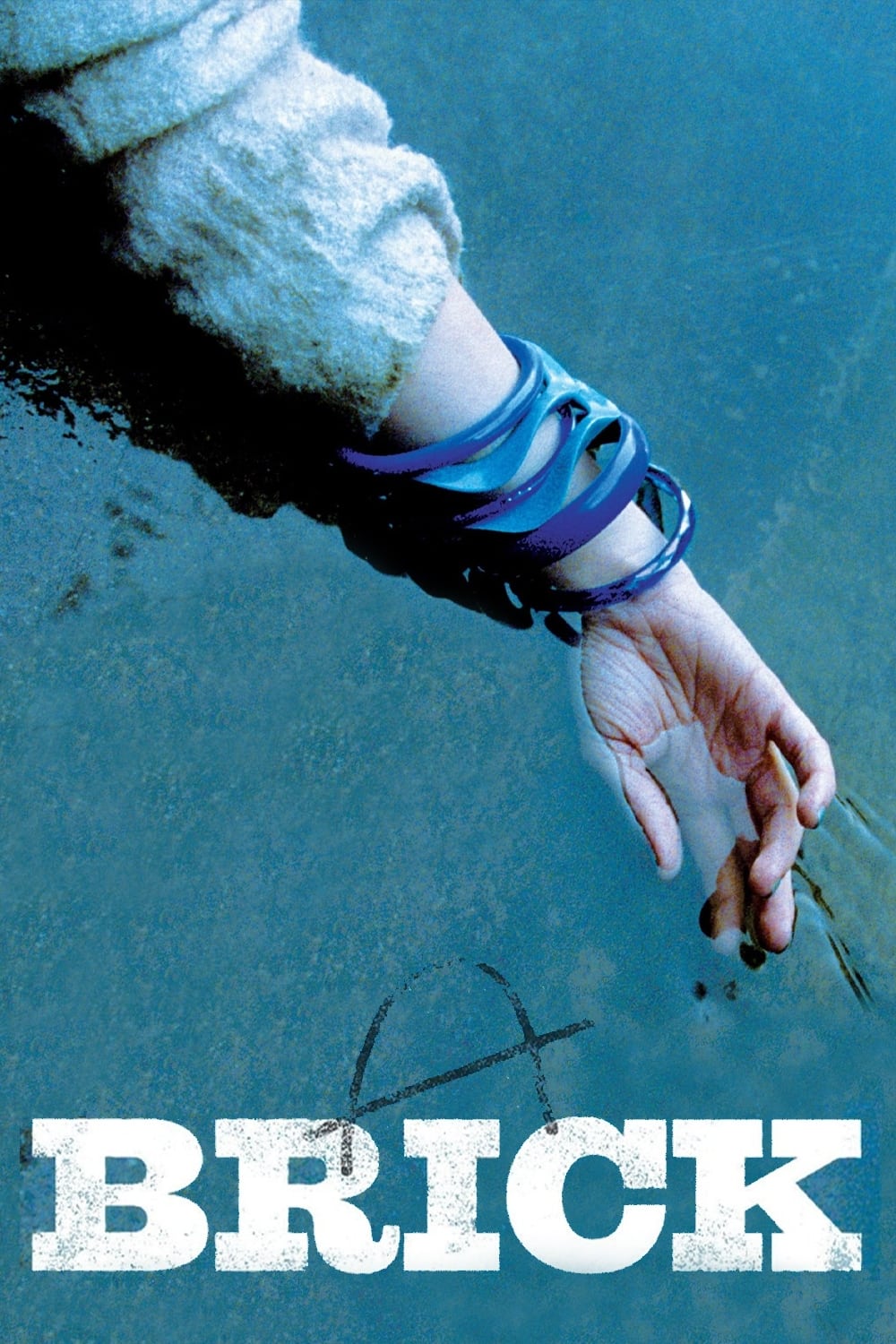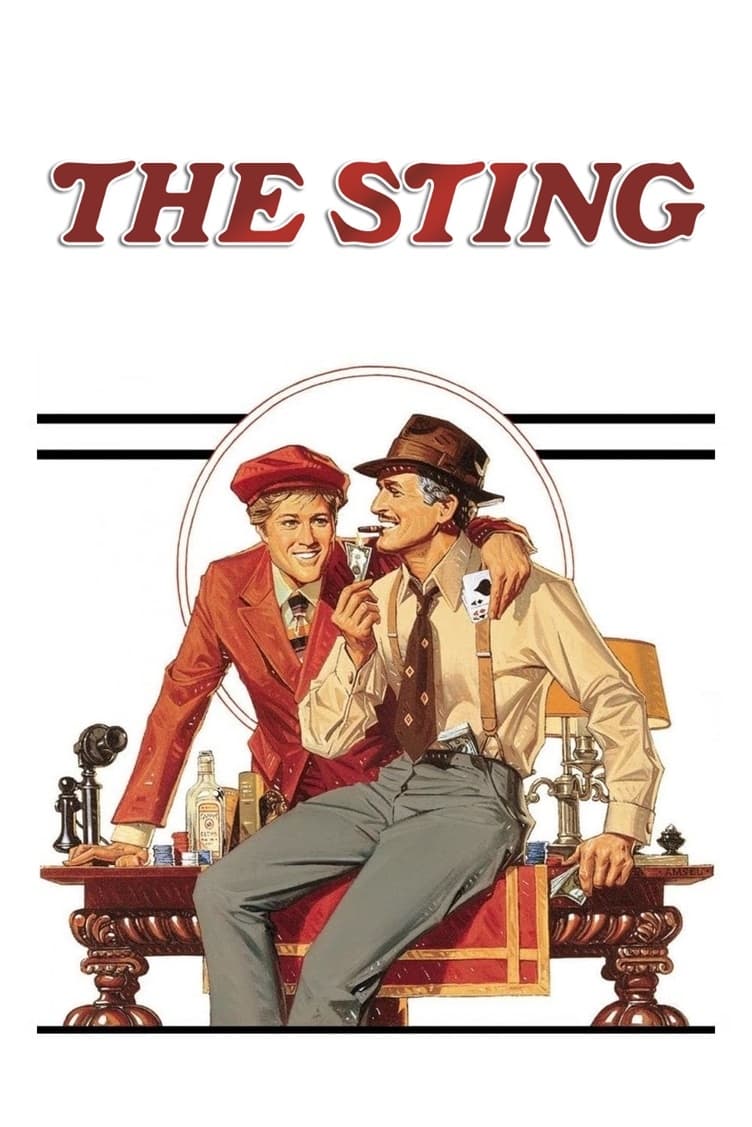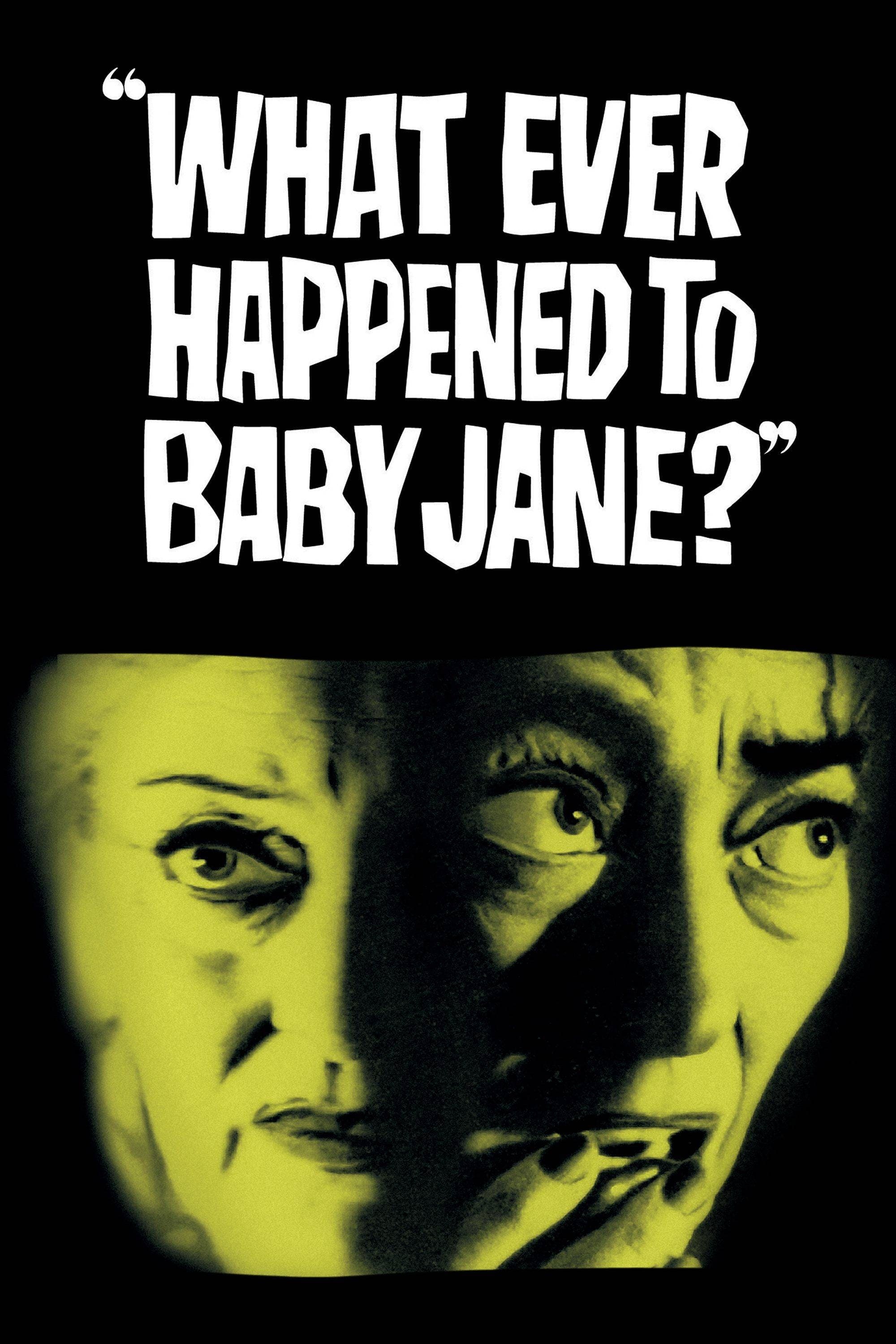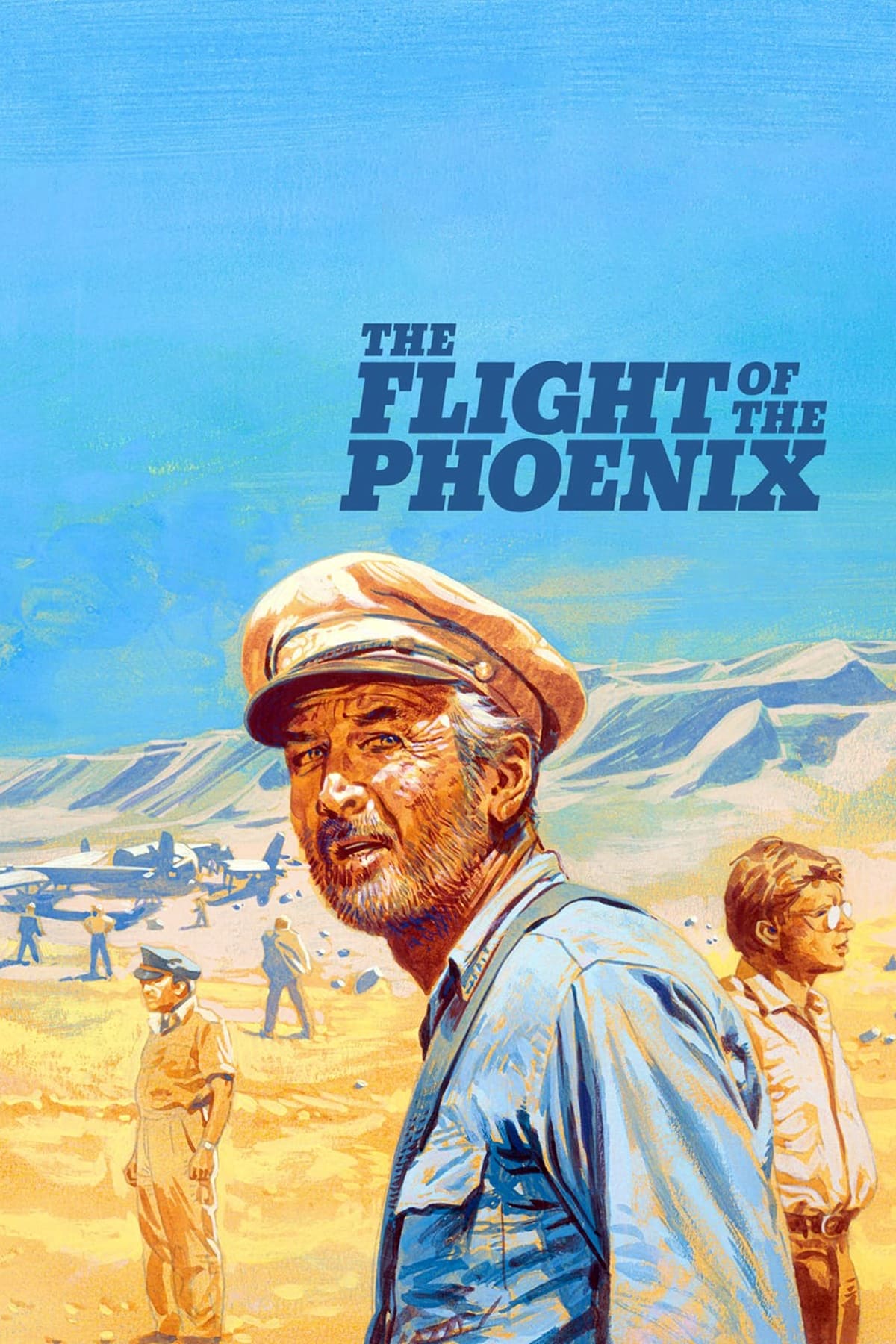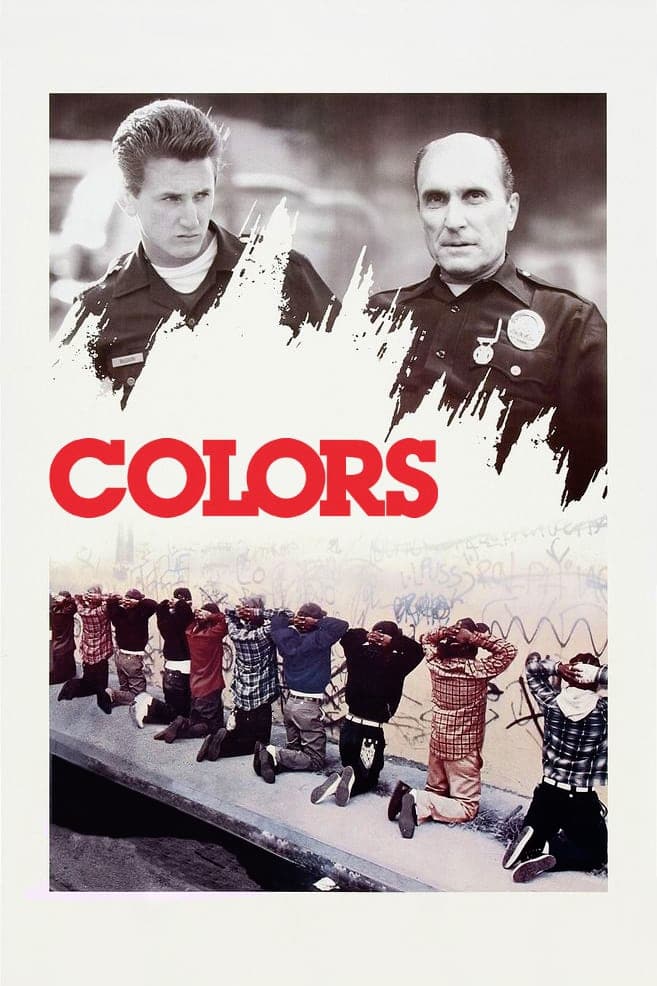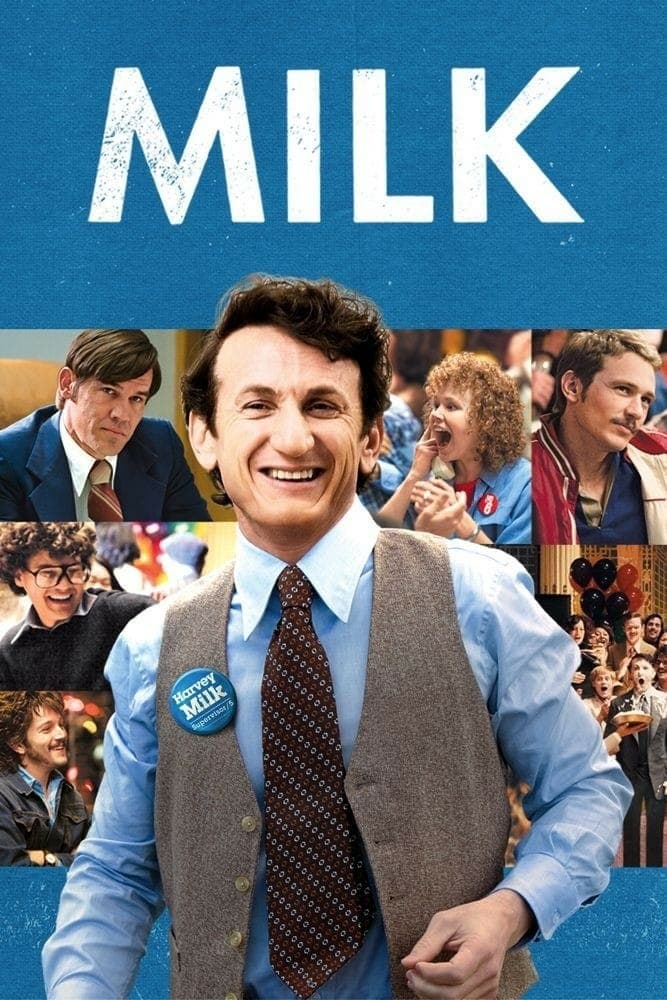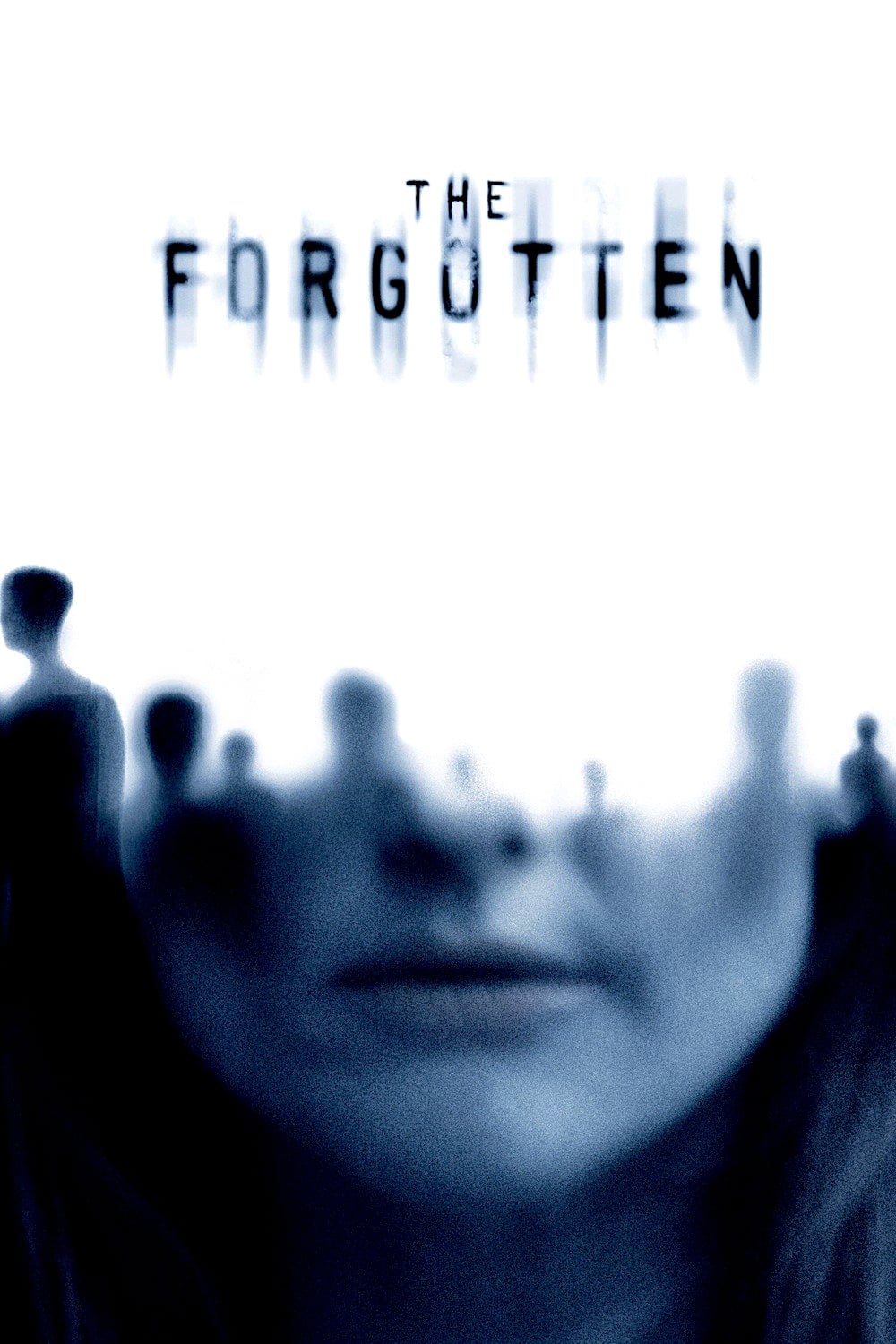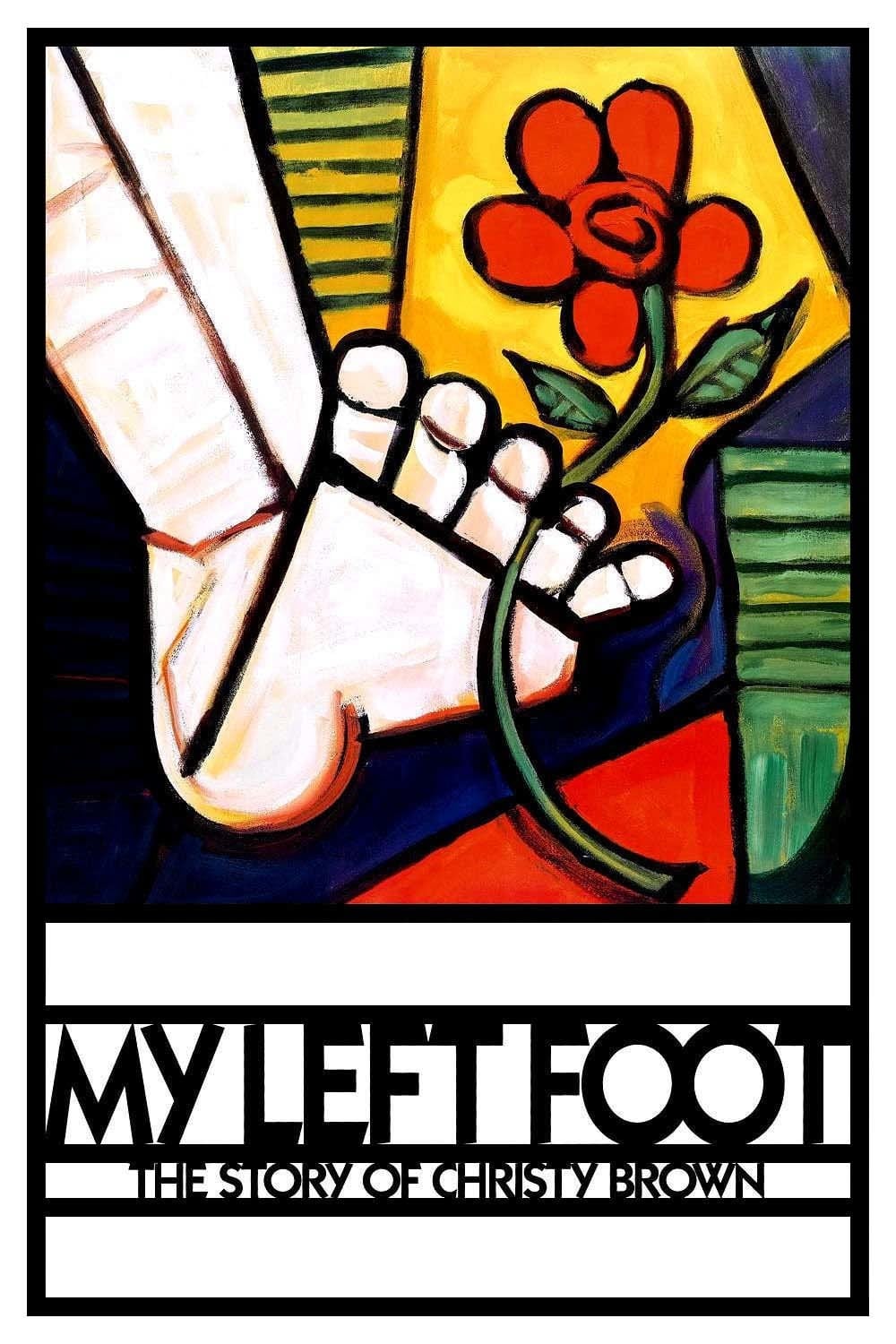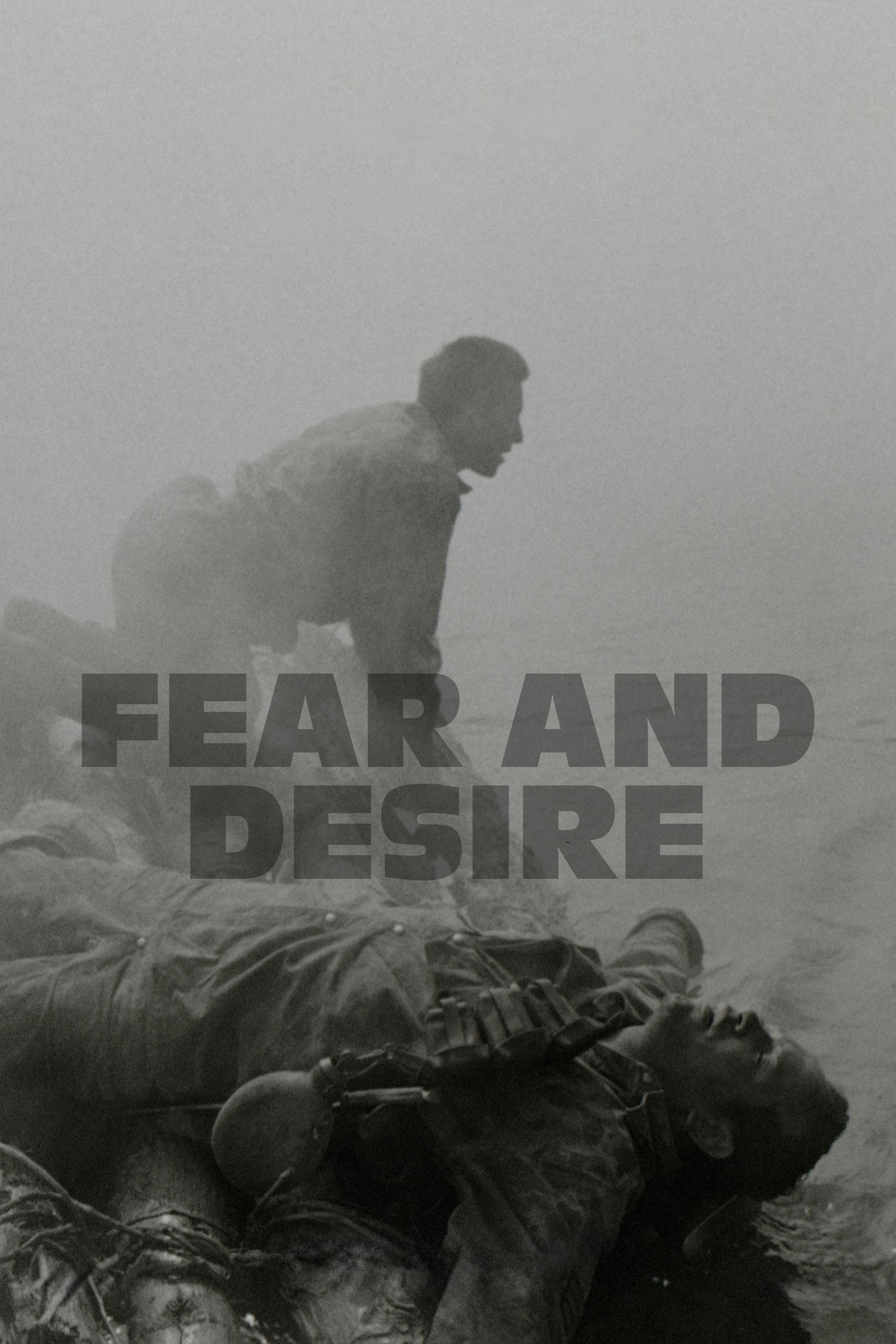Status
Released
original language
English
Budget
$ 31000000
Revenue
$ 161772575
Top Billed Cast
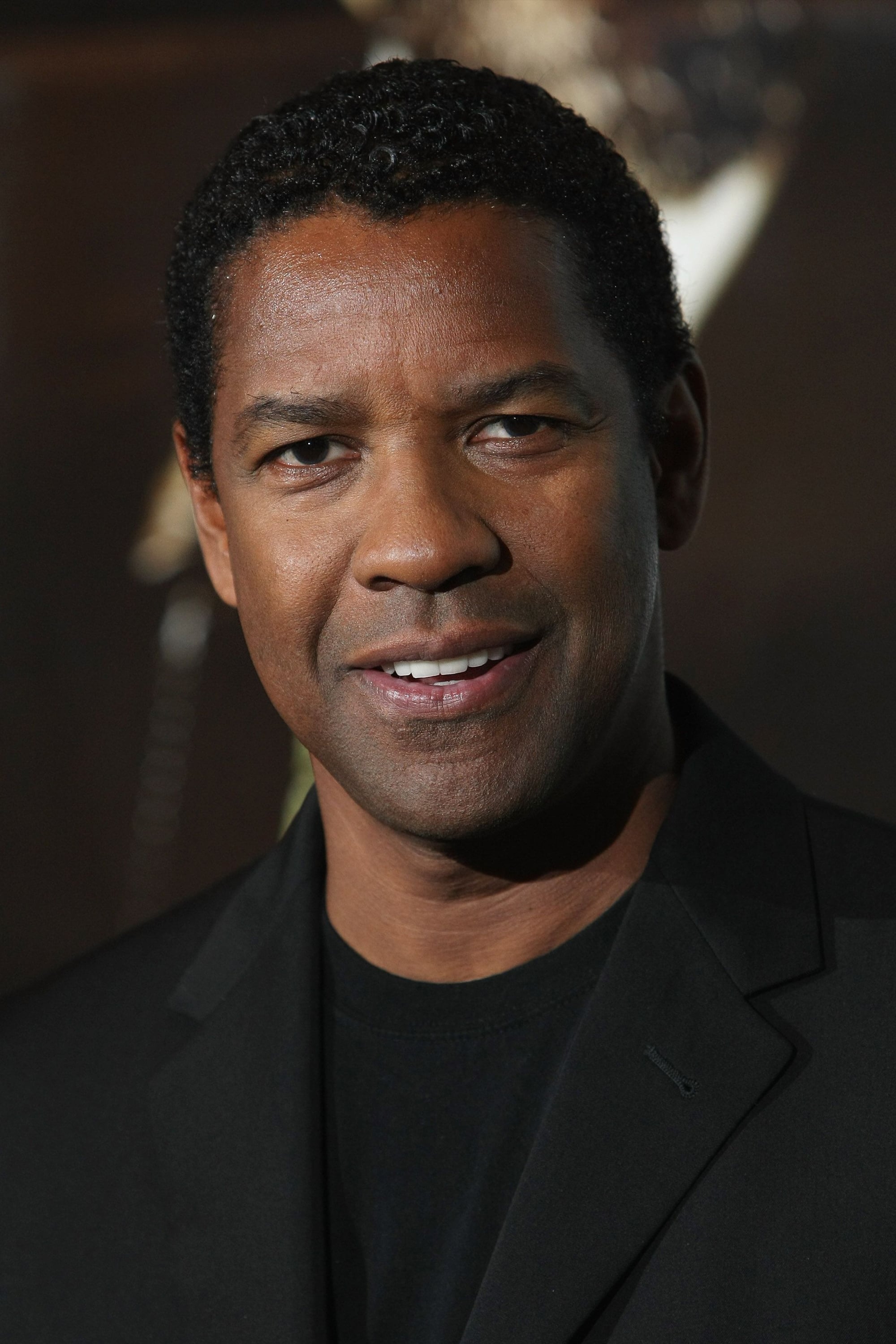
Denzel Washington
Whip Whitaker
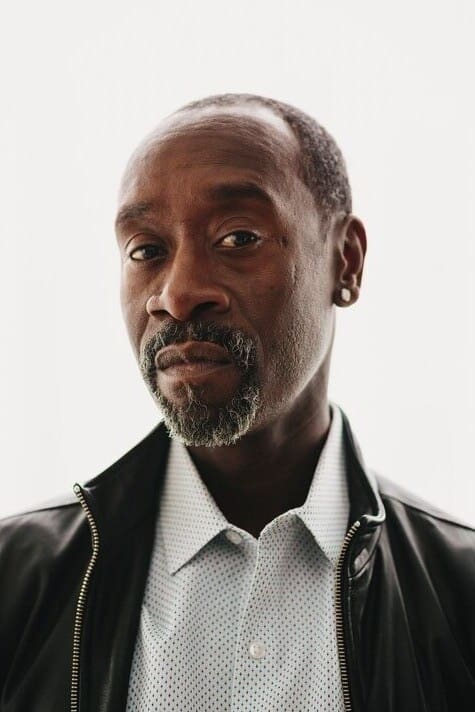
Don Cheadle
Hugh Lang

Kelly Reilly
Nicole
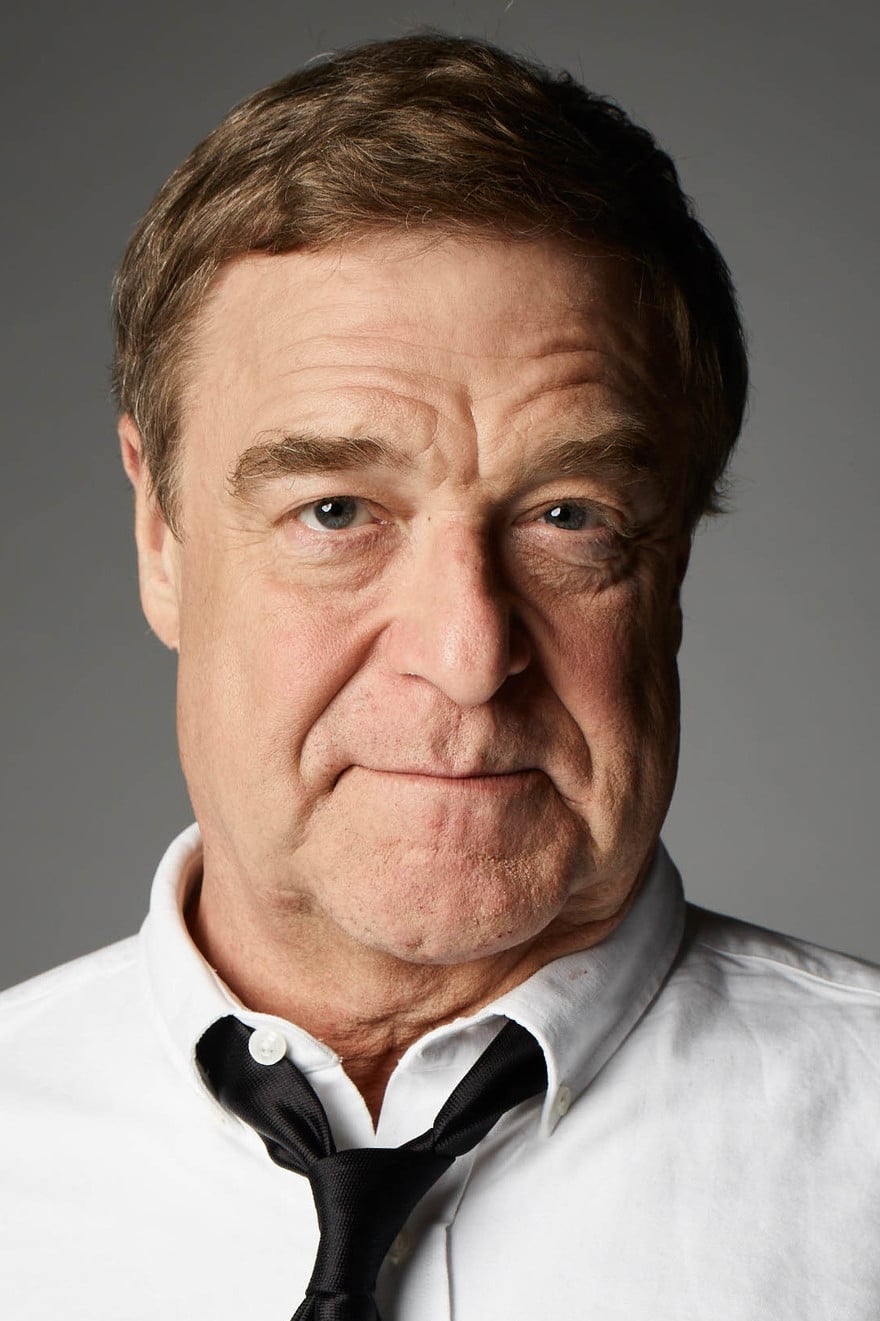
John Goodman
Harling Mays
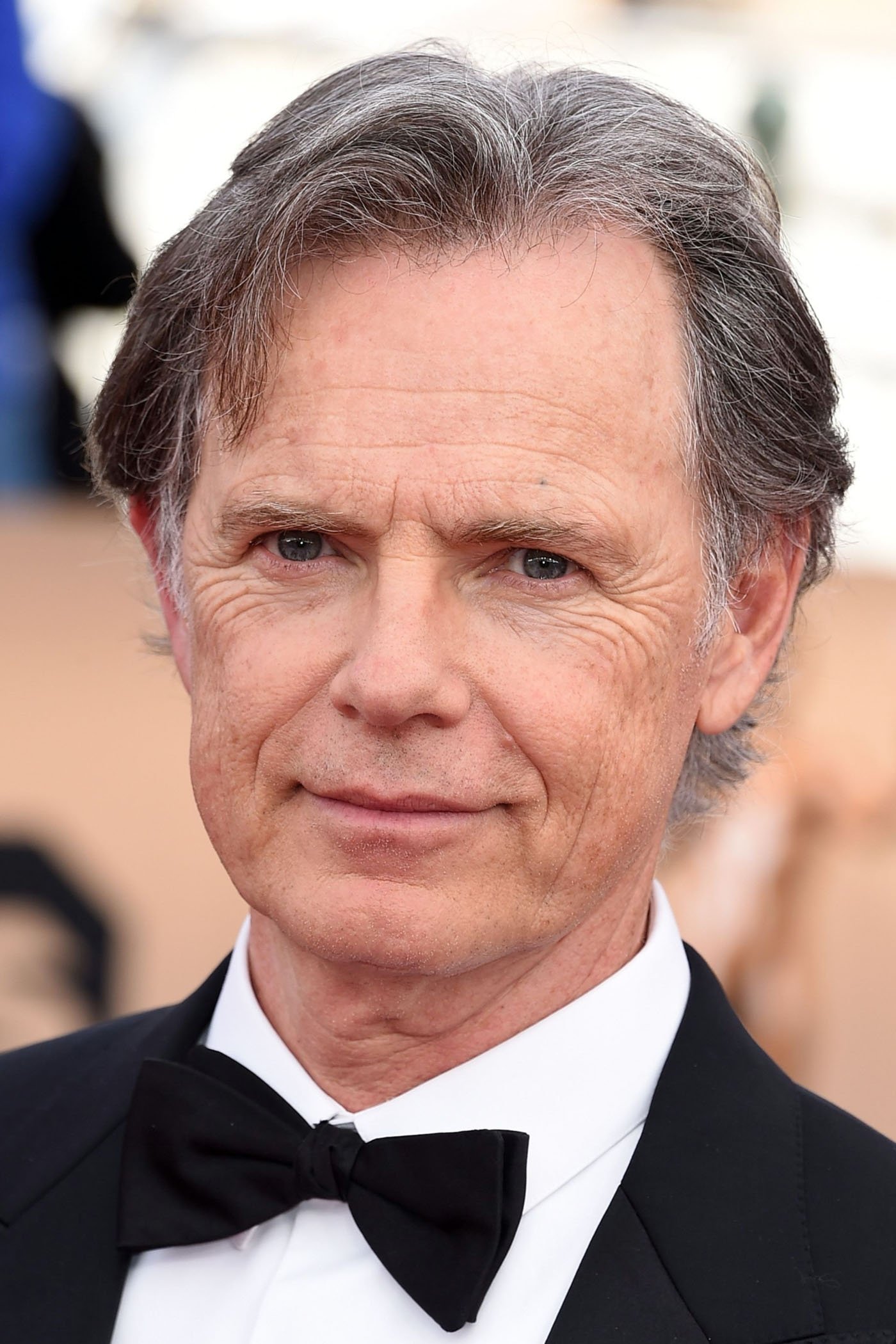
Bruce Greenwood
Charlie Anderson
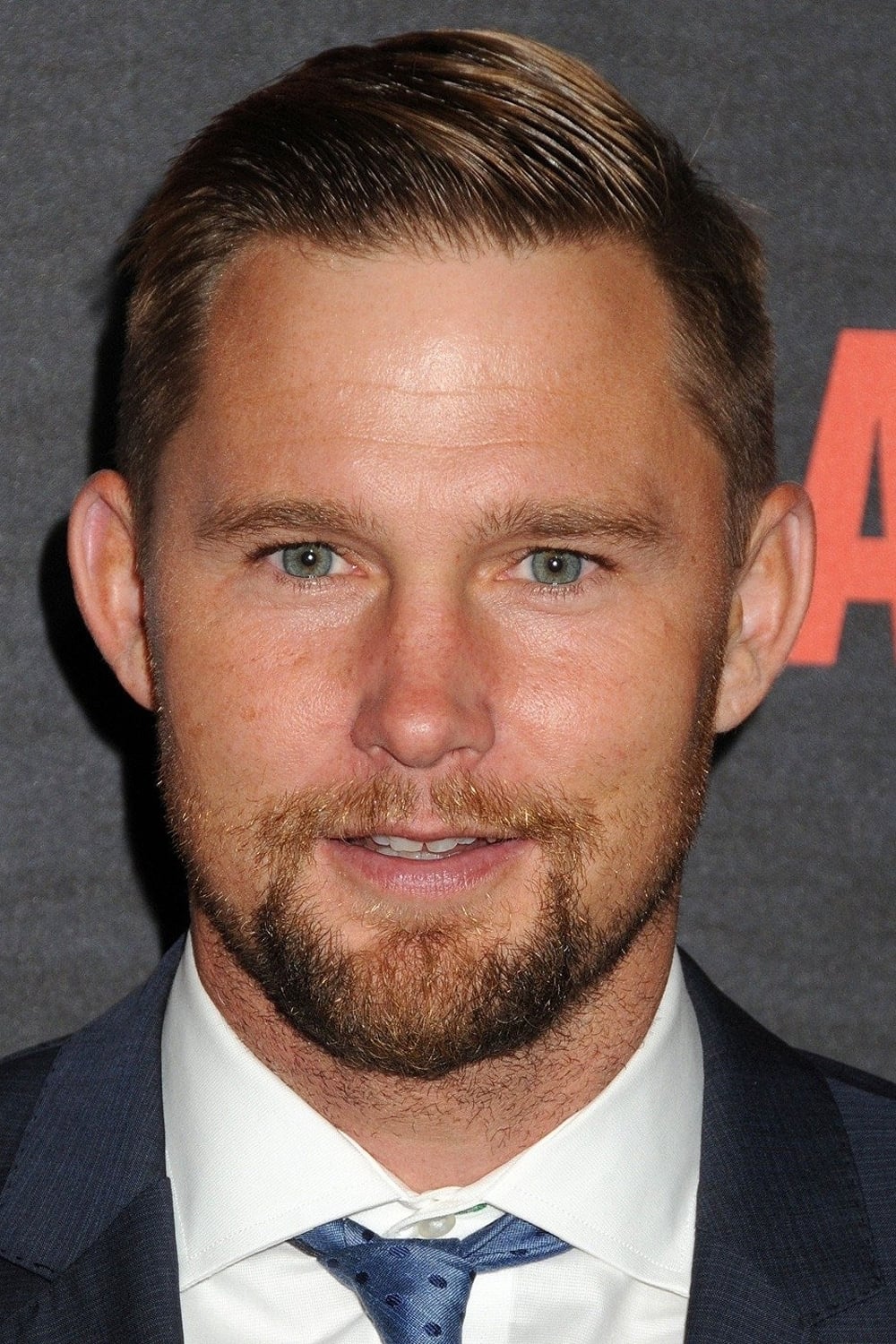
Brian Geraghty
Ken Evans

Tamara Tunie
Margaret Thomason

Nadine Velazquez
Katerina Marquez
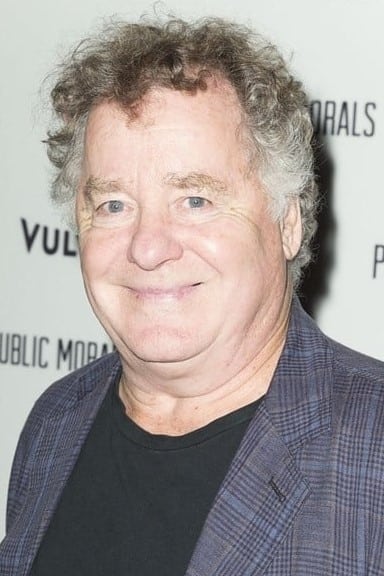
Peter Gerety
Avington Carr
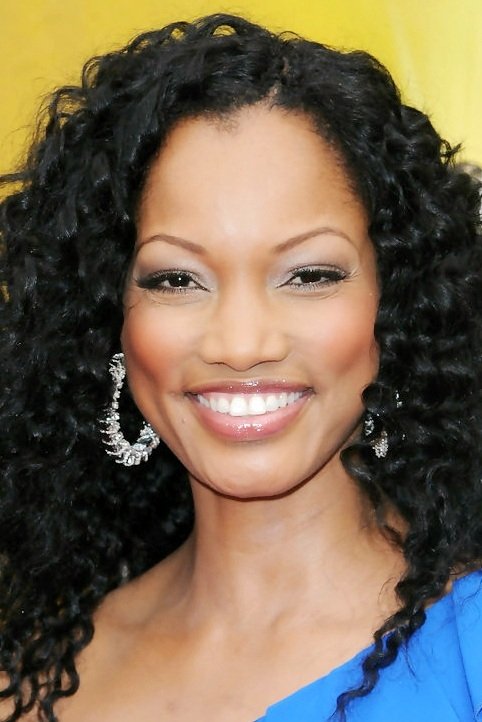
Garcelle Beauvais
Deana
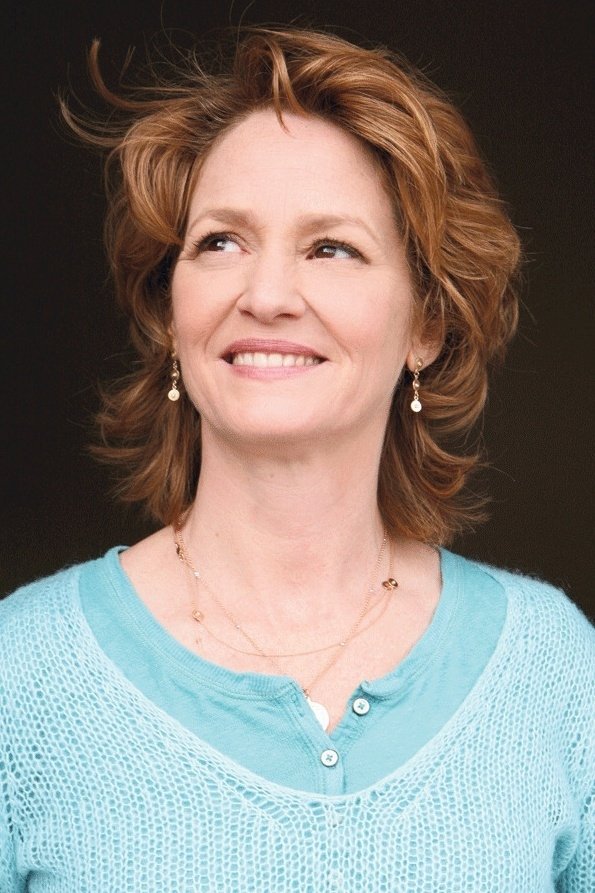
Melissa Leo
Ellen Block

Carter Cabassa
Son on Plane
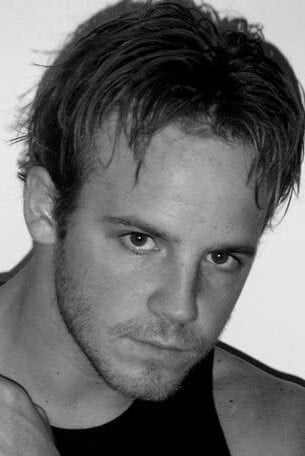
Adam C. Edwards
Father on Plane

Conor O'Neill
Kip
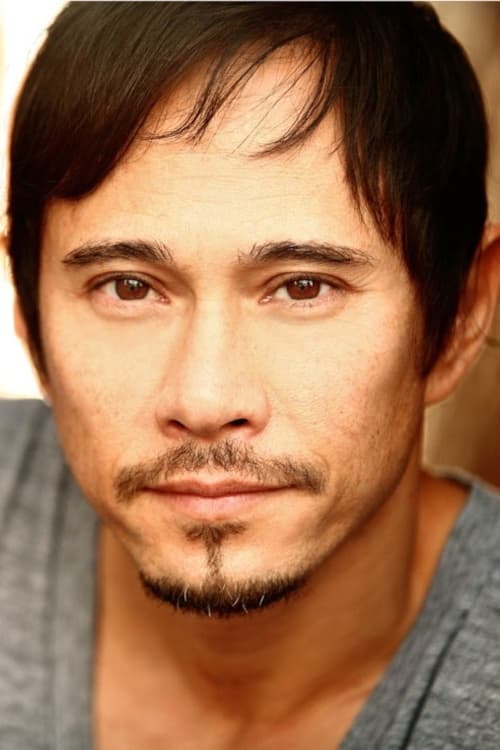
Charlie E. Schmidt
Tiki Pot

Will Sherrod
Schecter
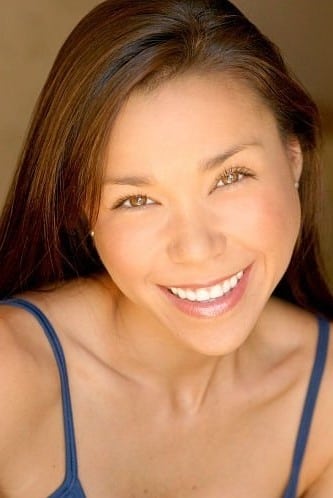
Boni Yanagisawa
Camelia Satou
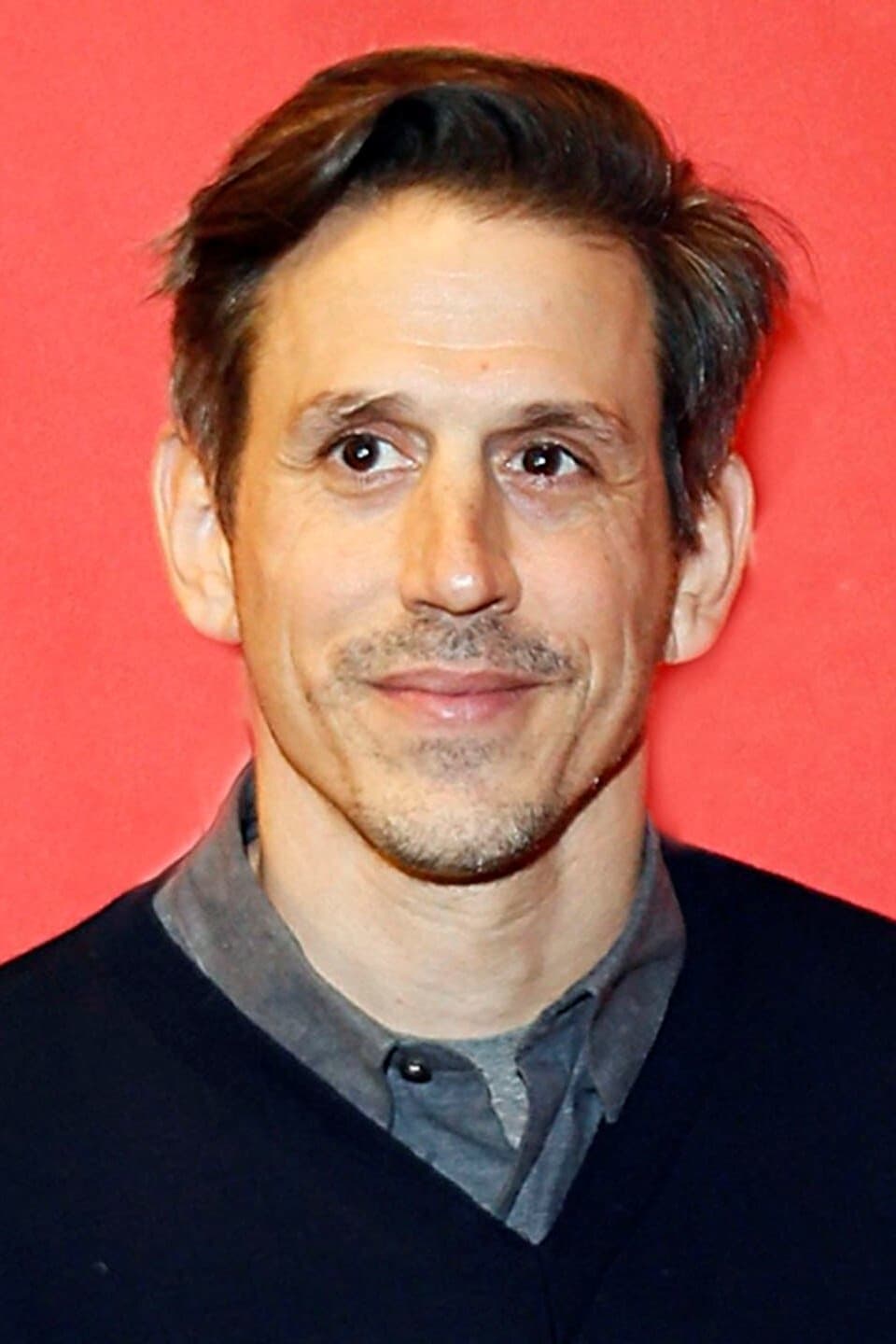
Adam Tomei
Fran
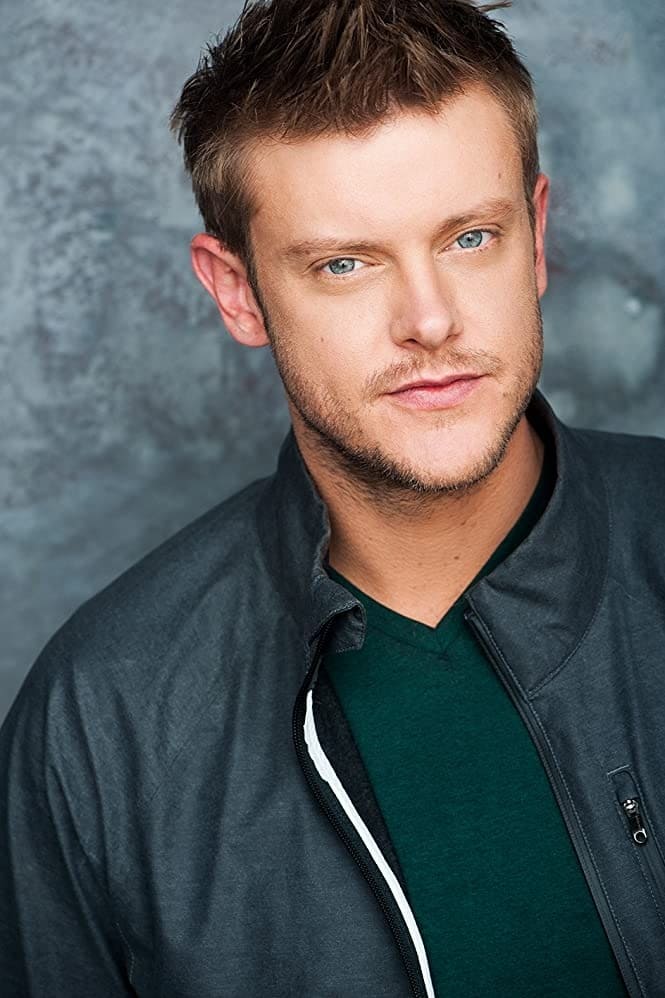
Dane Davenport
Derek Hogue
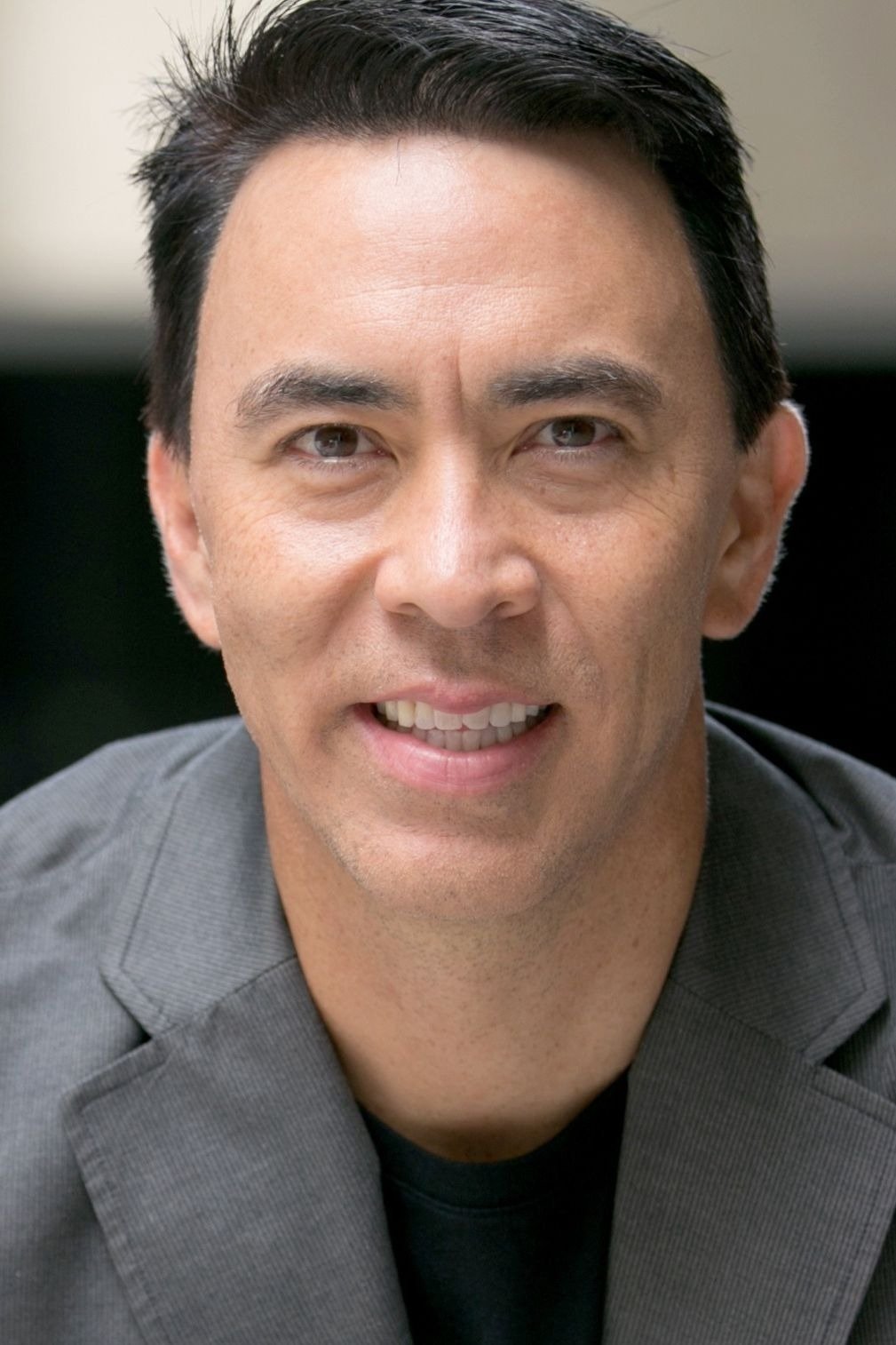
John Crow
Field Reporter
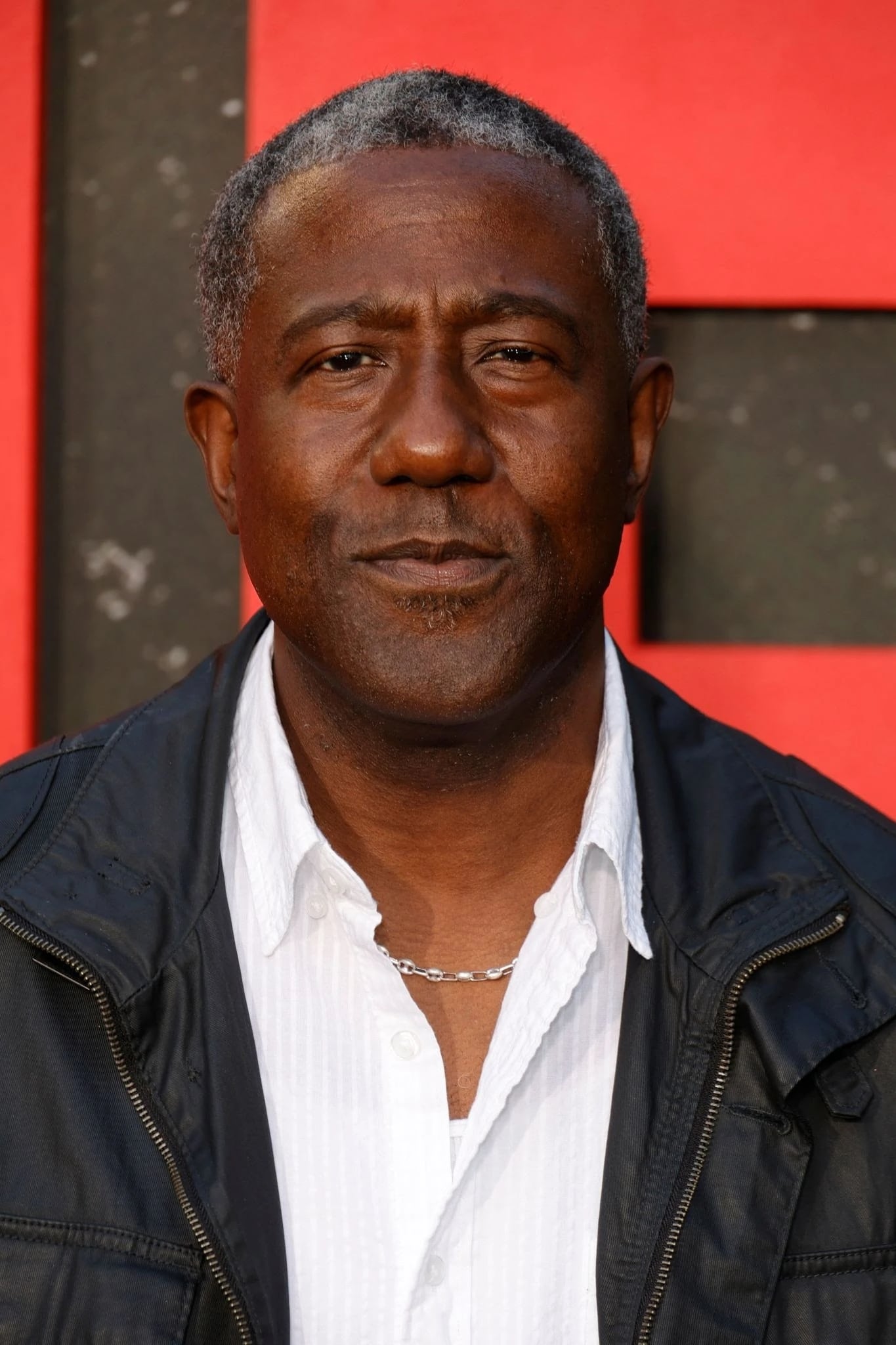
E. Roger Mitchell
Craig Matson
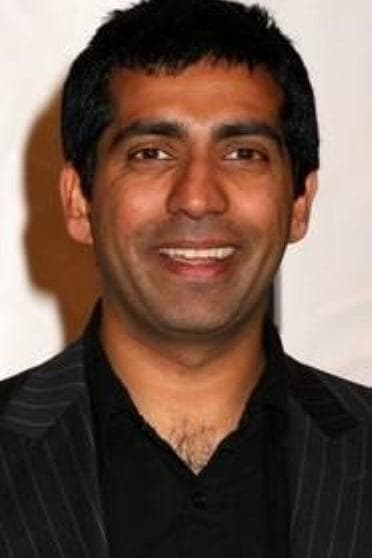
Ravi Kapoor
Dr. Kenan
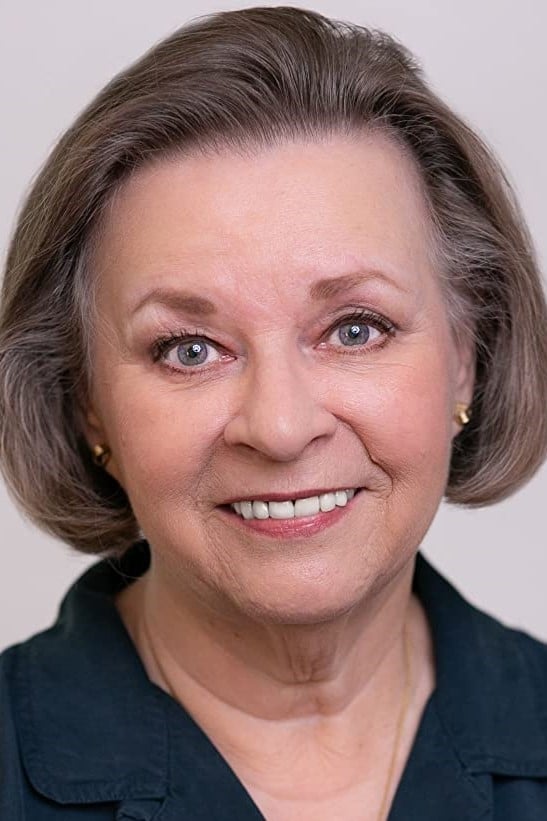
Jill Jane Clements
Morning Nurse
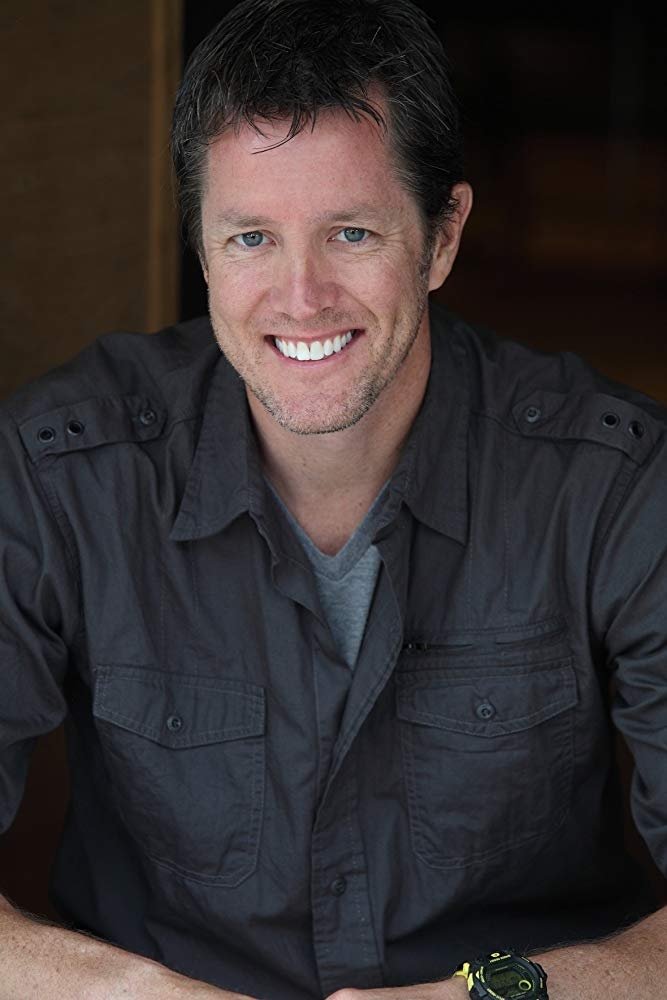
Tommy Kane
Mark Mellon

James Badge Dale
Gaunt Young Man

Susie Spear Purcell
Waitress
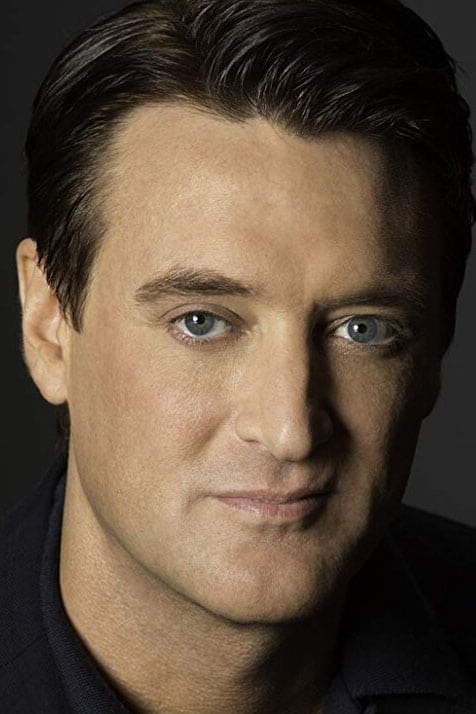
Philip Pavel
Bartender
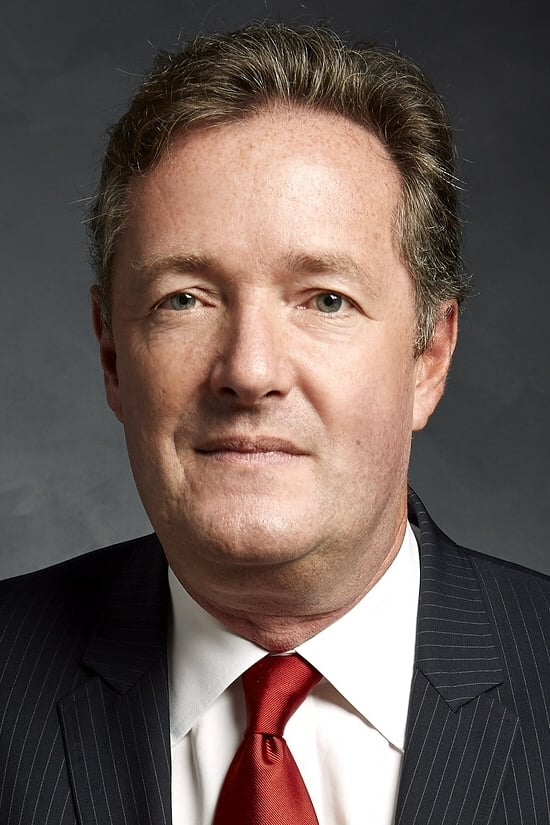
Piers Morgan
Piers Morgan

Jim Tilmon
Jim Tilmon

Charles Z. Gardner
Pentecostal Minister
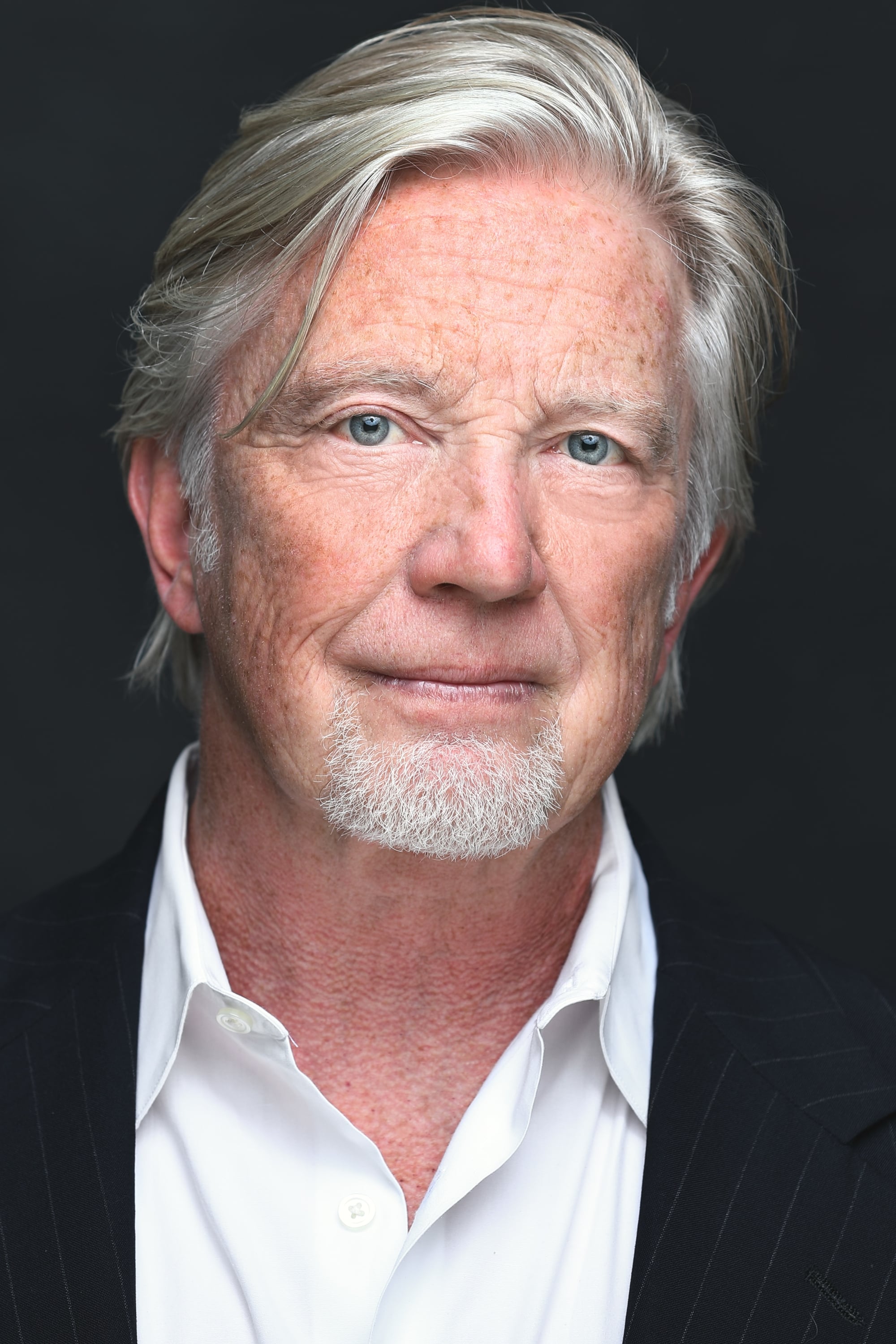
Tom Nowicki
Len Caldwell
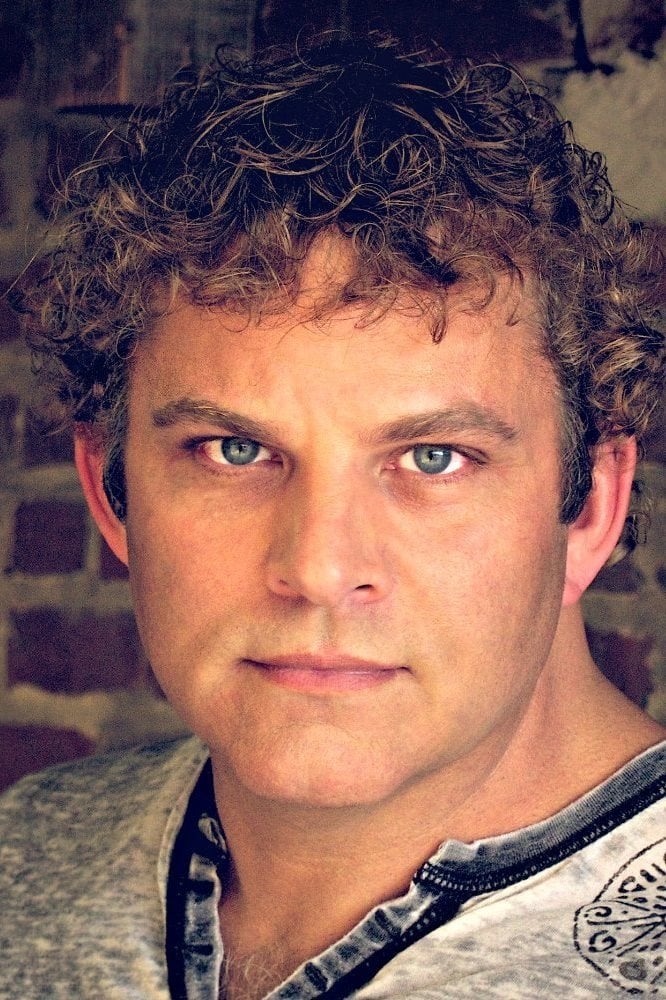
Jason Benjamin
Carr's Business Guy / Stalking Reporter
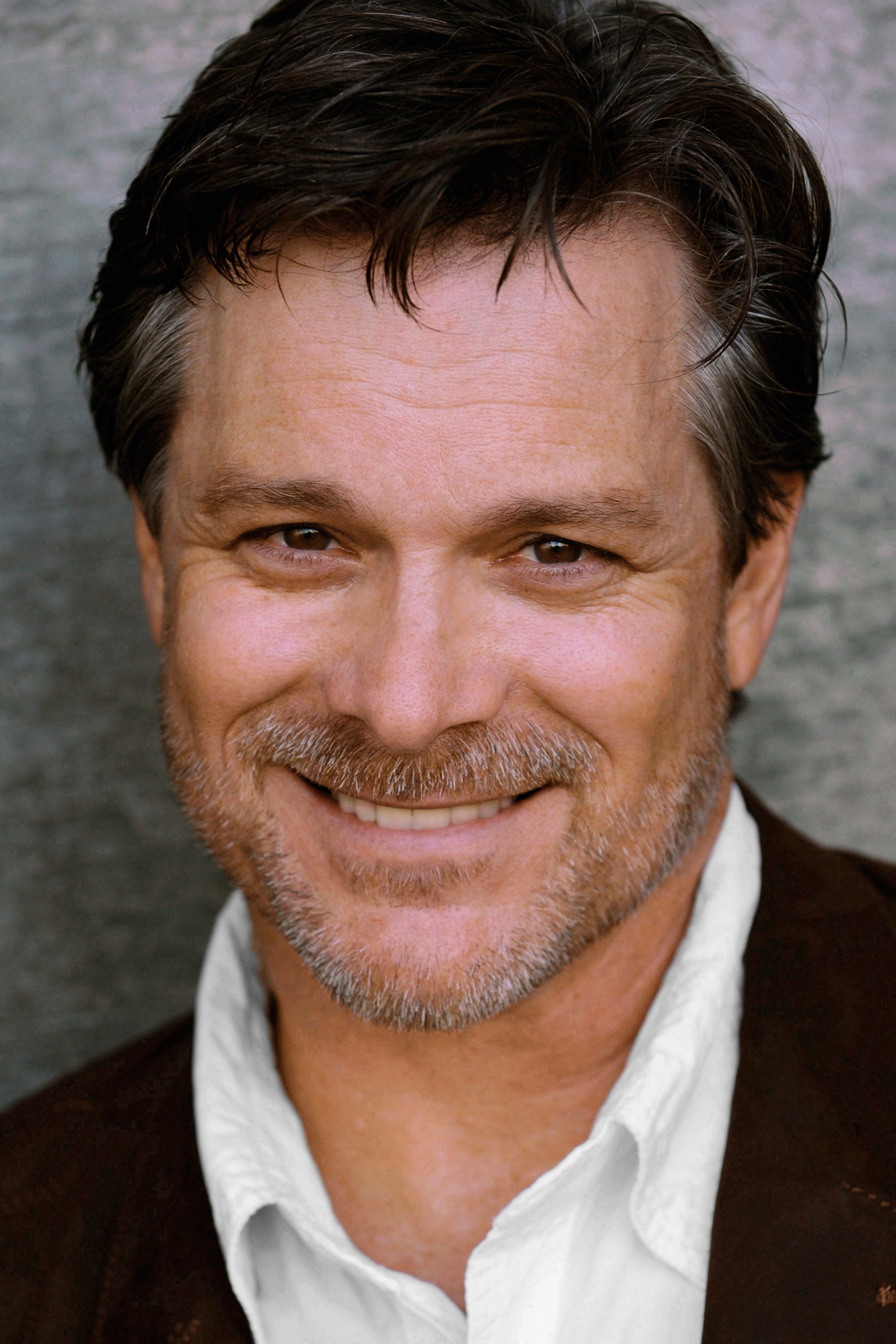
Ric Reitz
Carr's Attorney

Timothy Adams
Whip's Dad

Darius Woods
Young Will

Ron Caldwell
Trevor
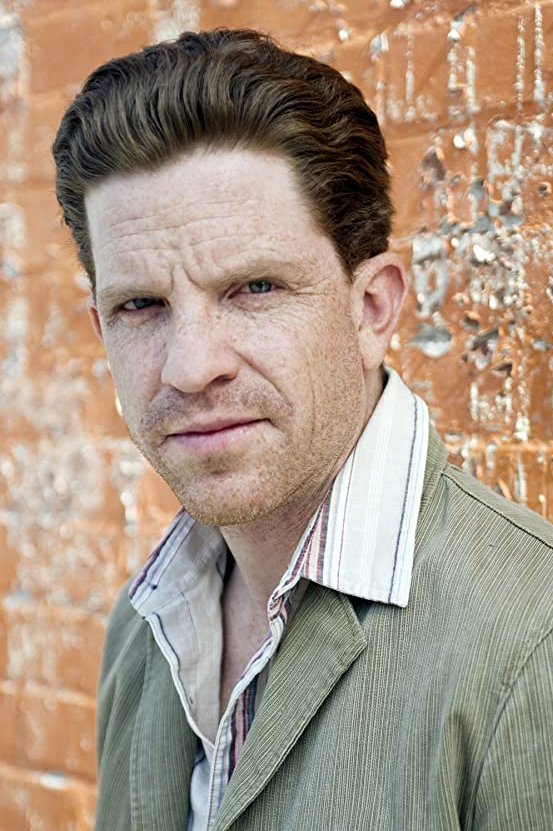
Dylan Kussman
Two Beer Barry
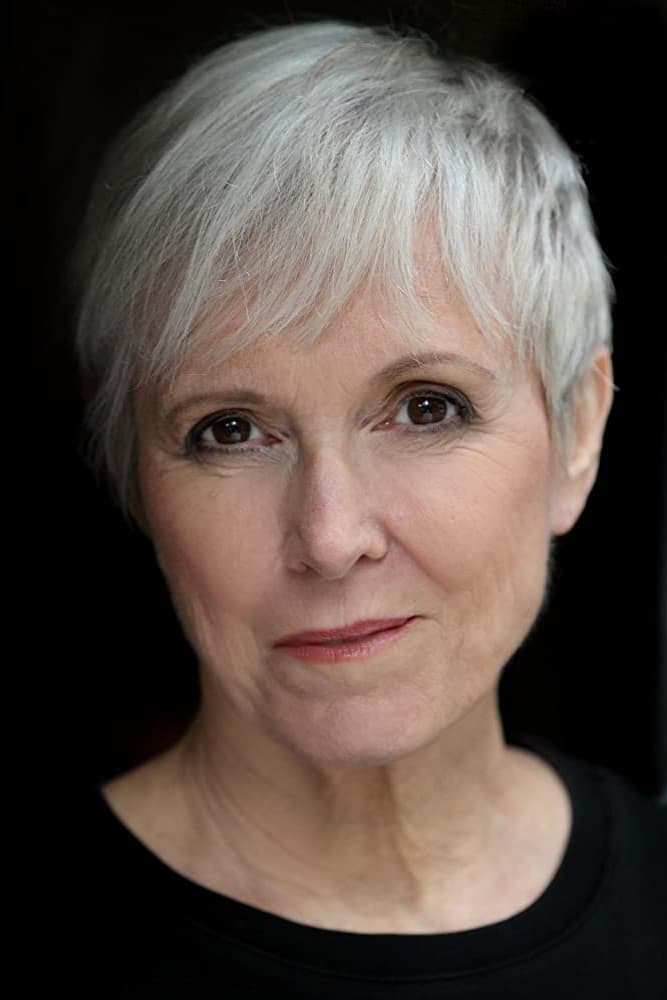
Janet Metzger
Sheila

Bethany Anne Lind
Vicky Evans
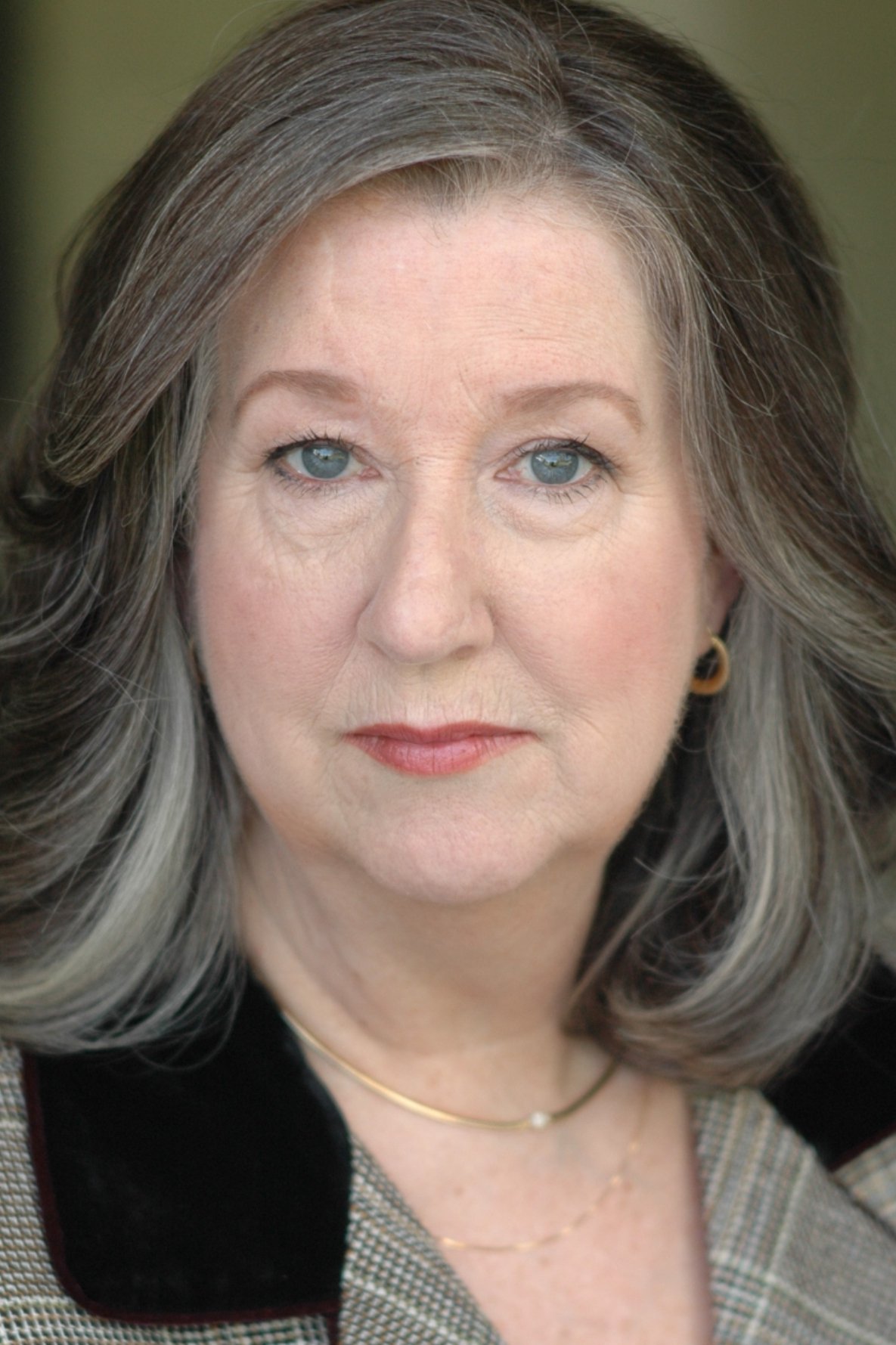
Sharon Blackwood
Peach Tree Employee
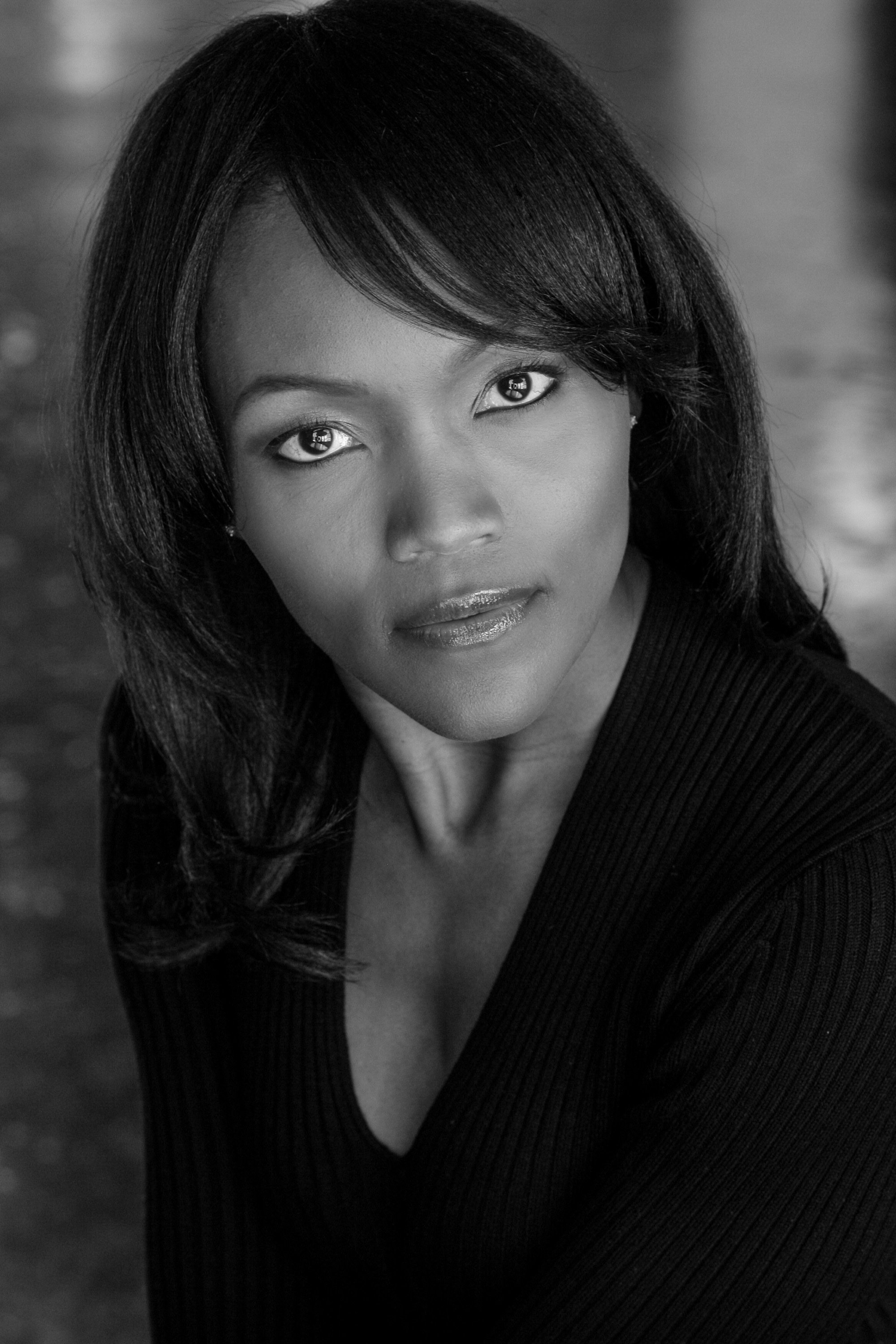
Pam Smith
Peach Tree Employee
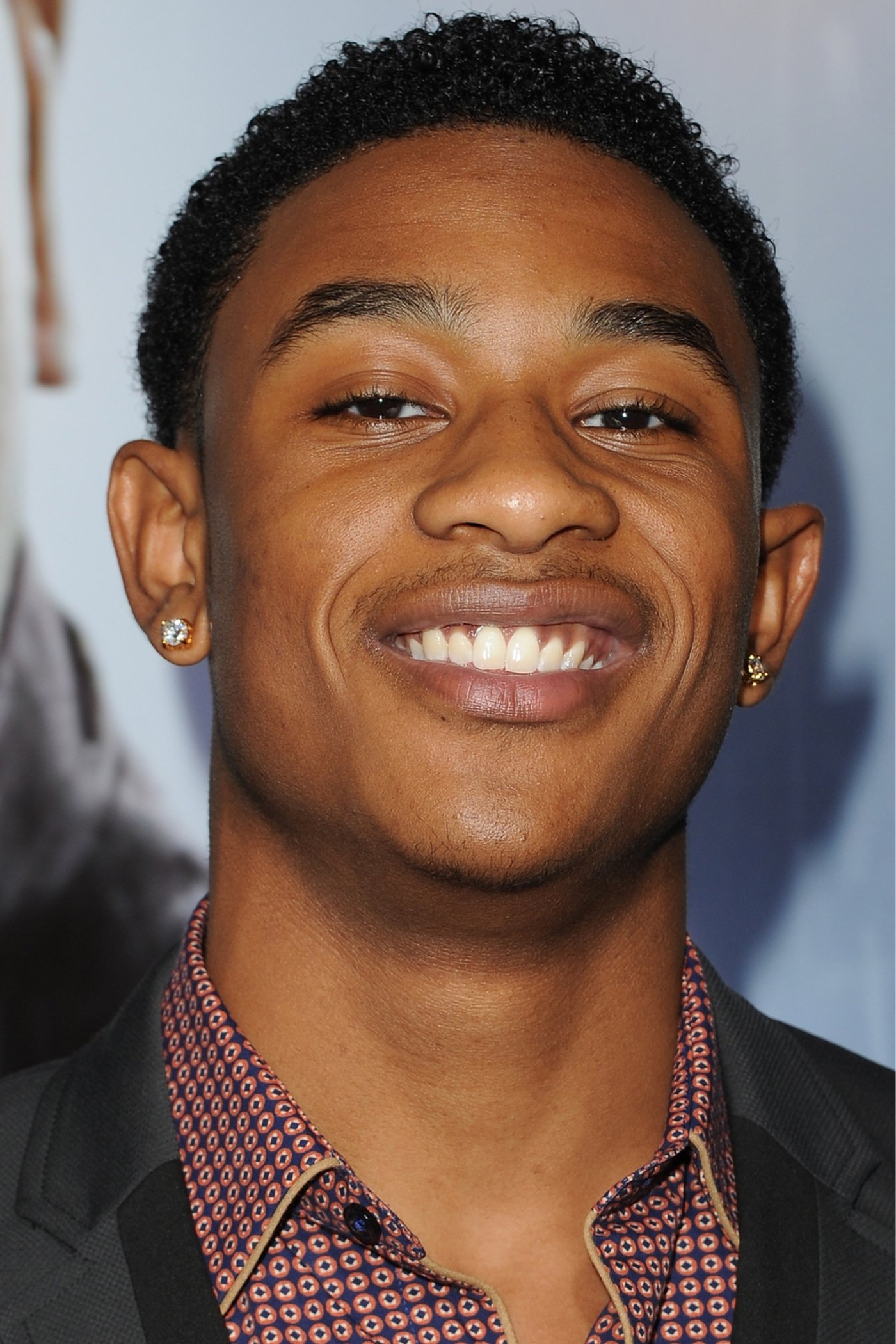
Justin Martin
Will Whitaker Jr.

Shannon Walshe
Tilda Banden
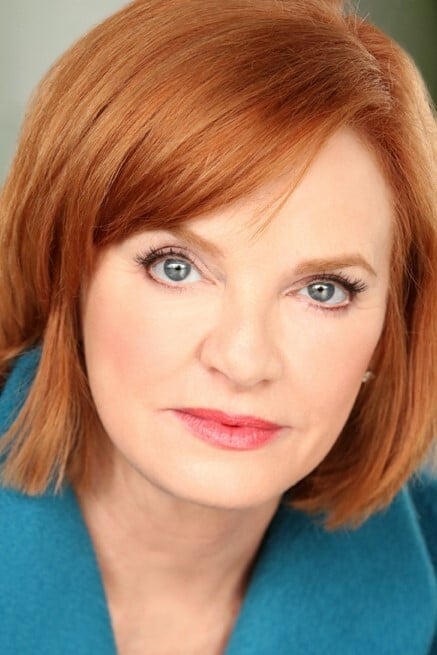
Rhoda Griffis
Amanda Anderson
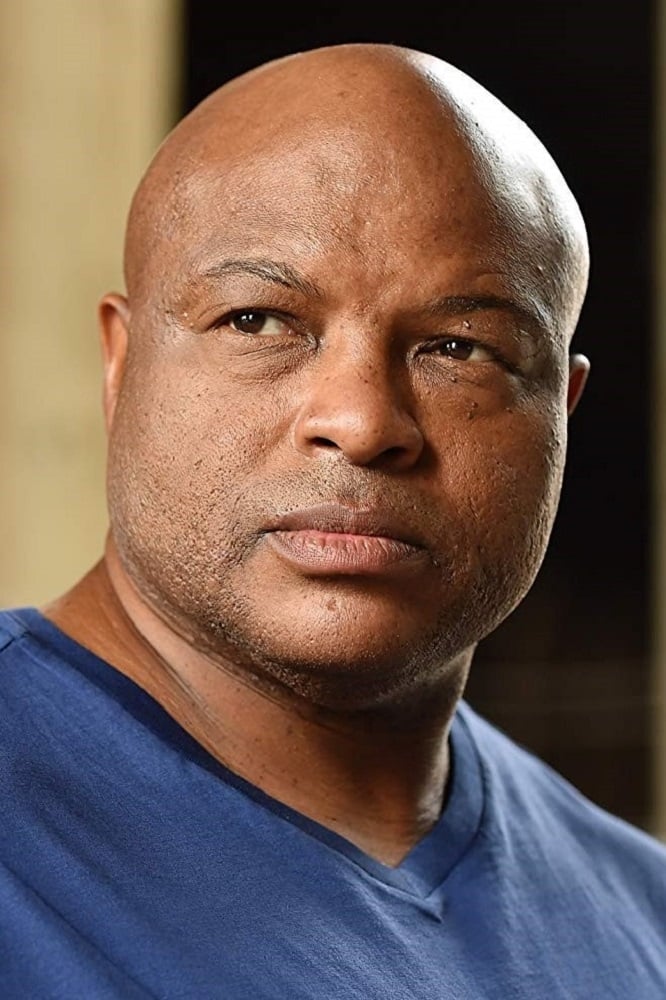
Michael Beasley
Officer Edmonds

Ted Hall
TV Reporter

Laila Pruitt
Girl on Elevator

Precious Bright
Mom on Elevator
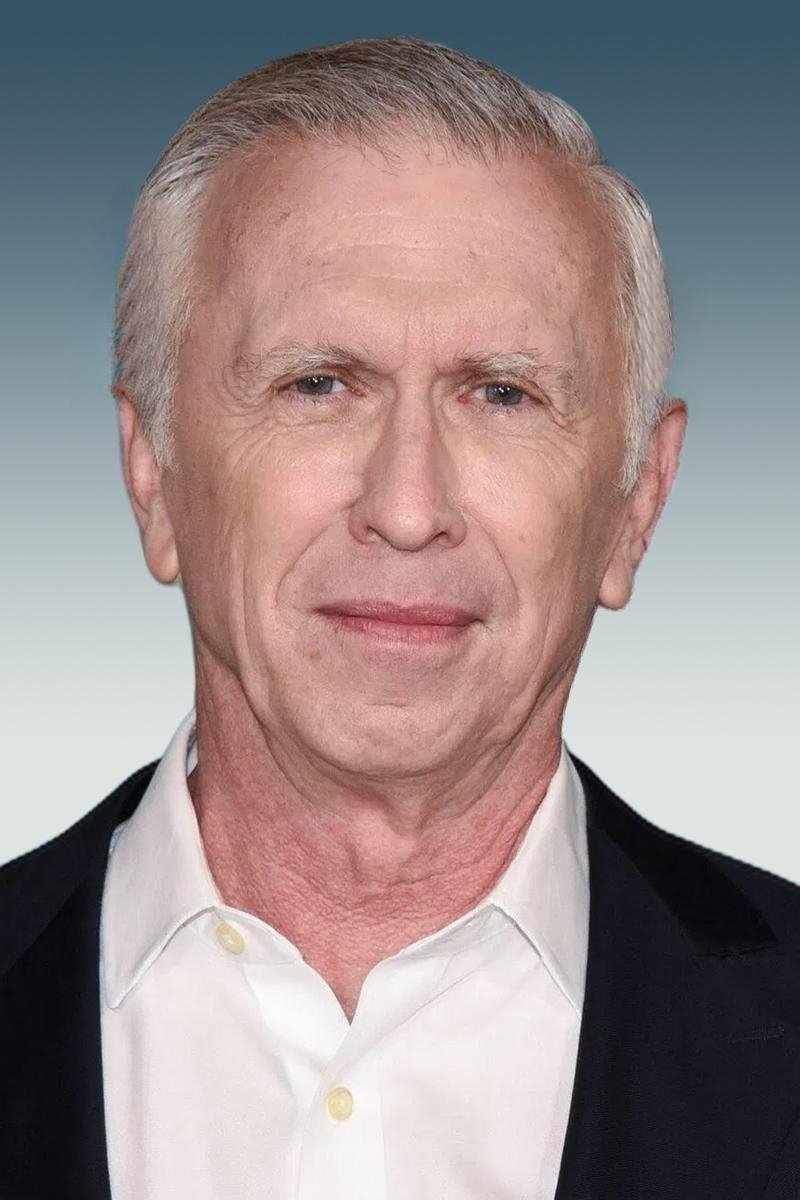
Steve Coulter
NTSB Officer at Hearing
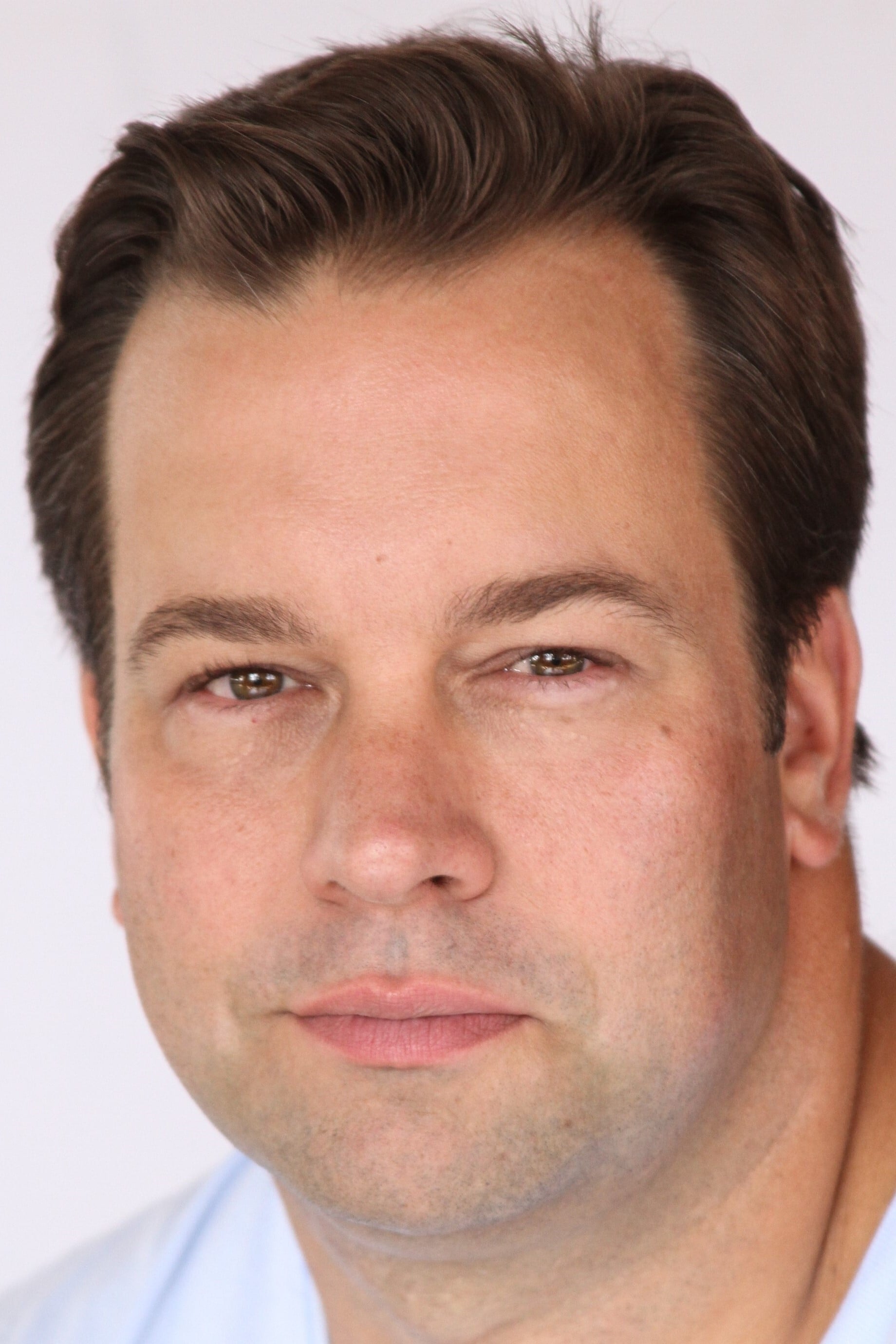
Ted Huckabee
Prison Guard

Sarah Clark
Radio Talk Show Host (voice)

Vinnie Hasson
Radio Talk Show Host (voice)
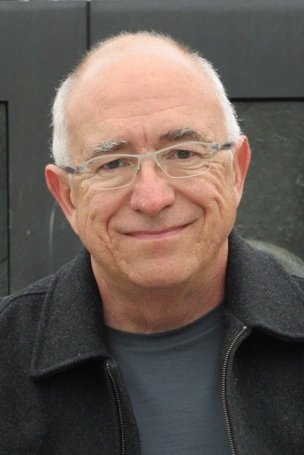
Randy Thom
Radio Stock Market Reporter (voice)

Dennis P. Wise
Air Traffic Controller (voice)

Paul Volle
Air Traffic Controller (voice)

Hal Williams
Whip's Dad (voice)
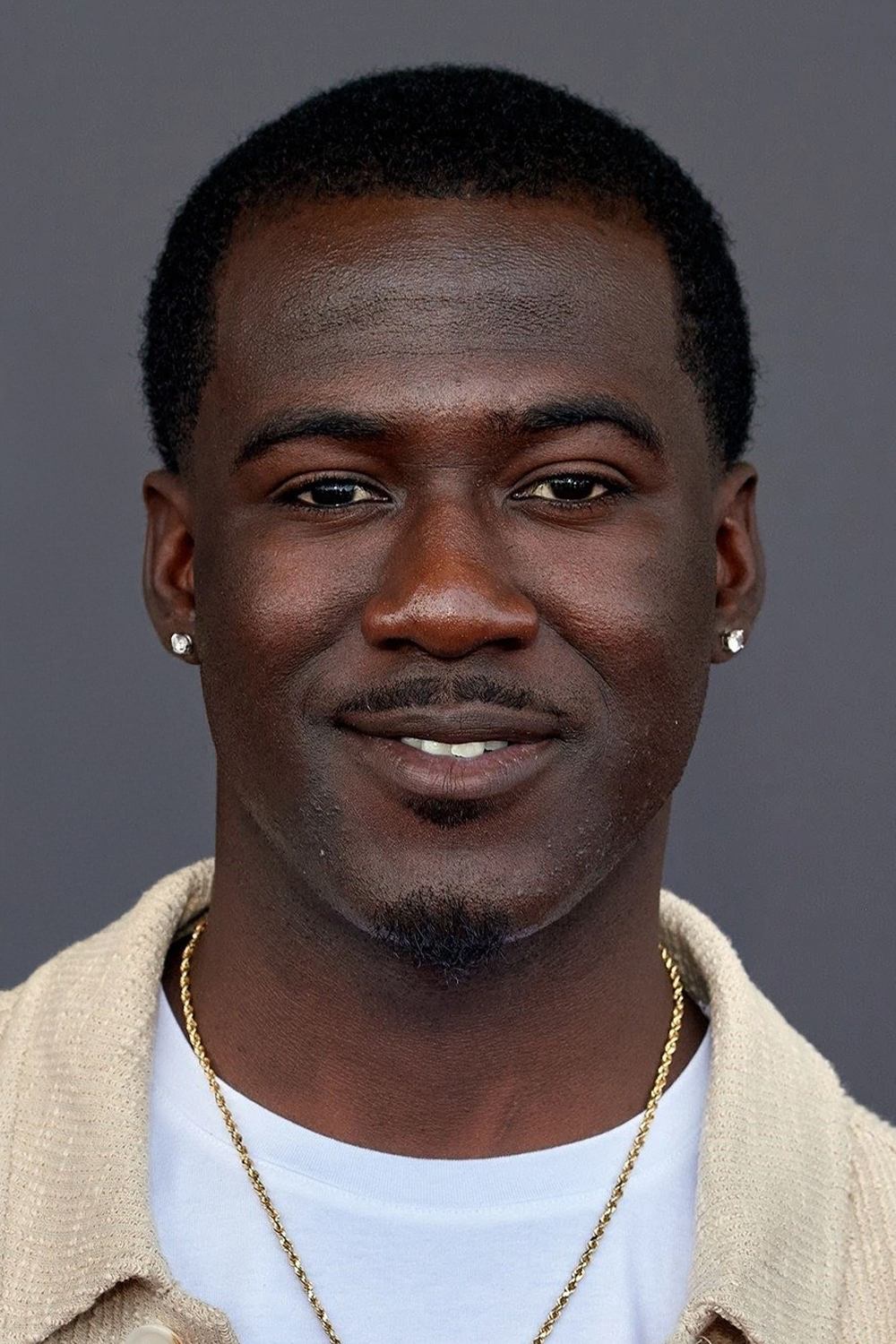
Kwesi Boakye
Young Will (voice)

Jennifer Olympia Bentley
Naked Girl in Helmet (uncredited)
Movie Reviews
A review by tmdb15435519
Written by tmdb15435519 on 2021-04-15
With Robert Zemekis at the helm, it has to be good, right? Pretty much. Not the strongest performance by Cheadle, but otherwise the cast is great. John Goodman is a welcome surprise half-way through and really brings this home. With a feel good ending, what more do you 1-3 star people want?? It's Denzel!!
A review by tmdb28039023
Written by tmdb28039023 on 2022-09-13
The title Flight is a perfect illustration that brevity really is the soul of wit. Its six letters describe not only the protagonist's occupation (flying), but also what he spends most of the film doing (fleeing), and if we only added a seventh letter (-y), it would describe the character himself. The film itself could stand to be shorter, but overall it's no exception to the rule that no good movie is too long. In addition to illustrating the aforementioned Shakespearean principle, director Robert Zemeckis inverts a famous Simpsonian maxim; in this case, alcohol is first the solution and then the cause of all the problems. One can identify a compulsive smoker when he lights a cigarette with the butt of the previous one; Similarly, one can spot an alcoholic when he soothes his hangover with leftover beer from the day before — and that’s just the start of commercial pilot William 'Whip' Whitaker's (Denzel Washington) breakfast of champions. Whip is still drinking in the cabin of Flight 227 bound for Atlanta, making himself a screwdriver, or several, before taking a nap. He wakes with a start when the plane begins to nosedive. Unable to regain control, Whip is forced to make a controlled crash landing in an open field, saving most of the "102 souls" on board. This includes a maneuver where Whip flies the plane upside down, and it's not just him but also Zemeckis who takes a huge risk and lives to reap the reward. The scene avoids becoming unintentionally funny because part of its purpose is precisely to provide some much-needed humor to ease the almost unbearable tension; at the same time, it manages to stretch the audience's suspension of disbelief without breaking it for two reasons: 1) it has real precedent, and 2) it's exactly the kind of thing someone flying under the influence would do. There’s no doubt that Whip has the expertise to pull off this maneuver successfully; the question is whether he would have dared to execute it while sober. Moreover,, the cause of the accident is a mechanical failure completely unrelated to Whip's sorry physical state. But Flight is not, like Druk, an apology for alcoholism. In an inferior film the vehicle, be it a plane or a car, would crash as a direct result of the driver/pilot's drunkenness, and the driver/pilot would be the only or one of the few survivors, making him feel even guiltier. Flight instead debunks the myth of invincibility that every alcoholic invokes by leading us to believe, practically to the end, that Whip might very well be literally invincible. "Maybe I'm a fool," Whip muses, "because if I'd just told one more lie, I might have walked away from the whole mess." But he knows as well as we do that after that “one more lie” there would be another lie, and another, and another, and that eventually his lies would have caught up with him, because ultimately there is no escaping the negative effects of addiction. Like the similar Clean and Sober, Flight loses momentum with a Romantic Subplot that a nearly two-and-a-half-hour film doesn't need; on the other hand, I really liked Washington’s and Zemeckis's attention to detail — for example, when in the middle of crash landing Whip has the presence of mind to make a flight attendant tell her son that she loves him so that the box black can record it (in case they don’t make it), or the way his facial language unequivocally expresses the world of difference, the passage from hell to paradise, that exists before that first line of cocaine — supplied by John Goodman in a pair of hilarious cameos, each one heralded by the presence of “Sympathy for the Devil” on the soundtrack — and after.
